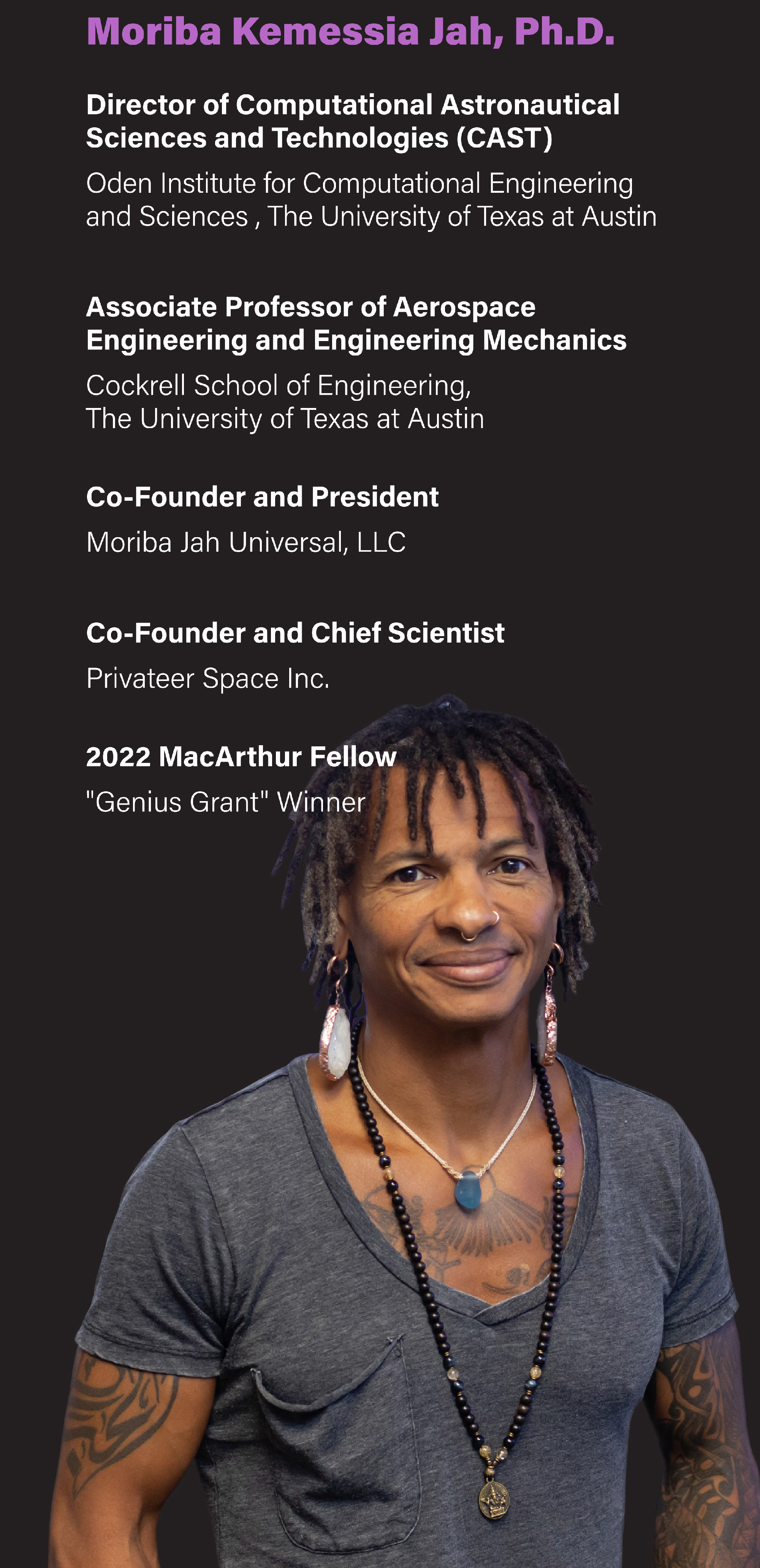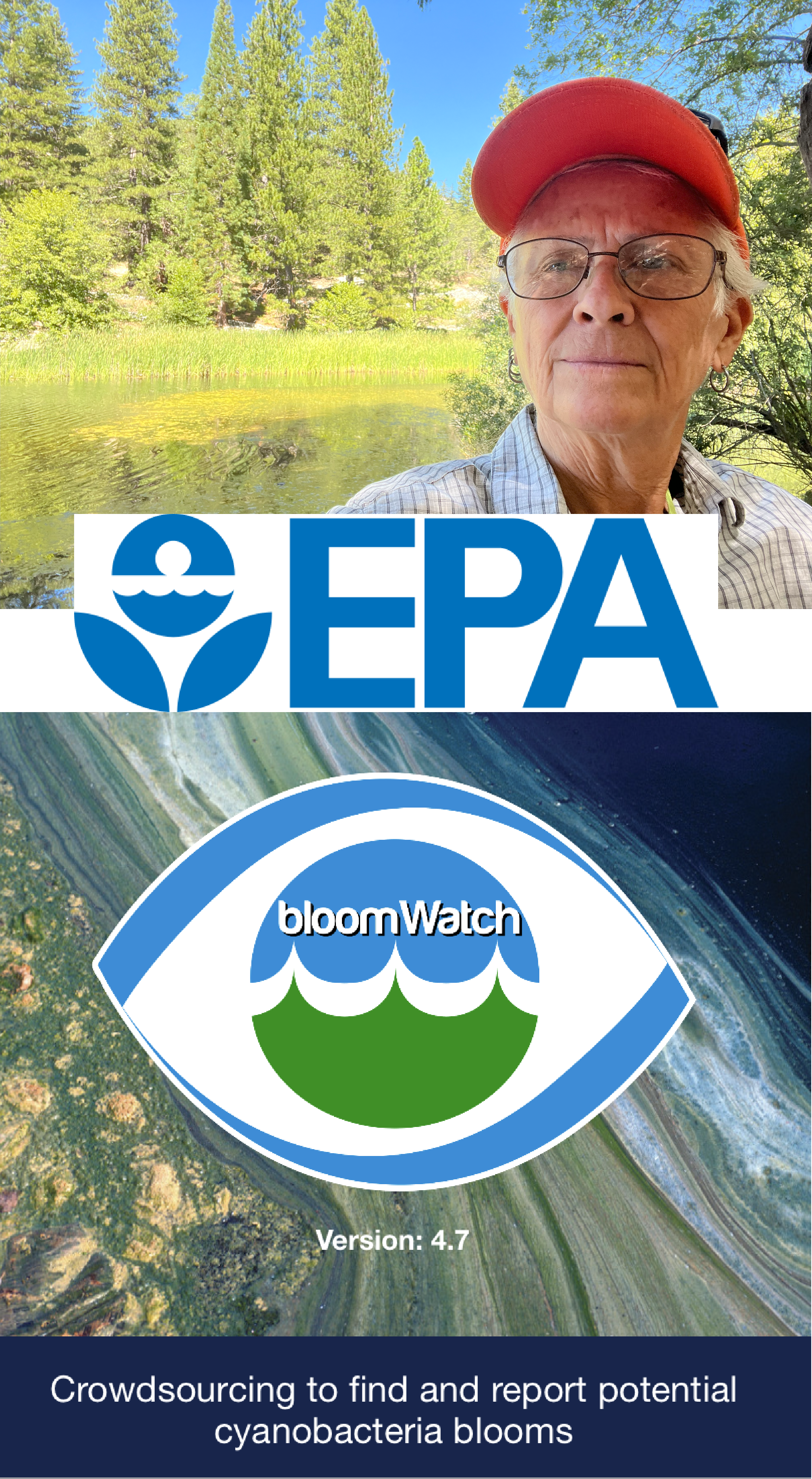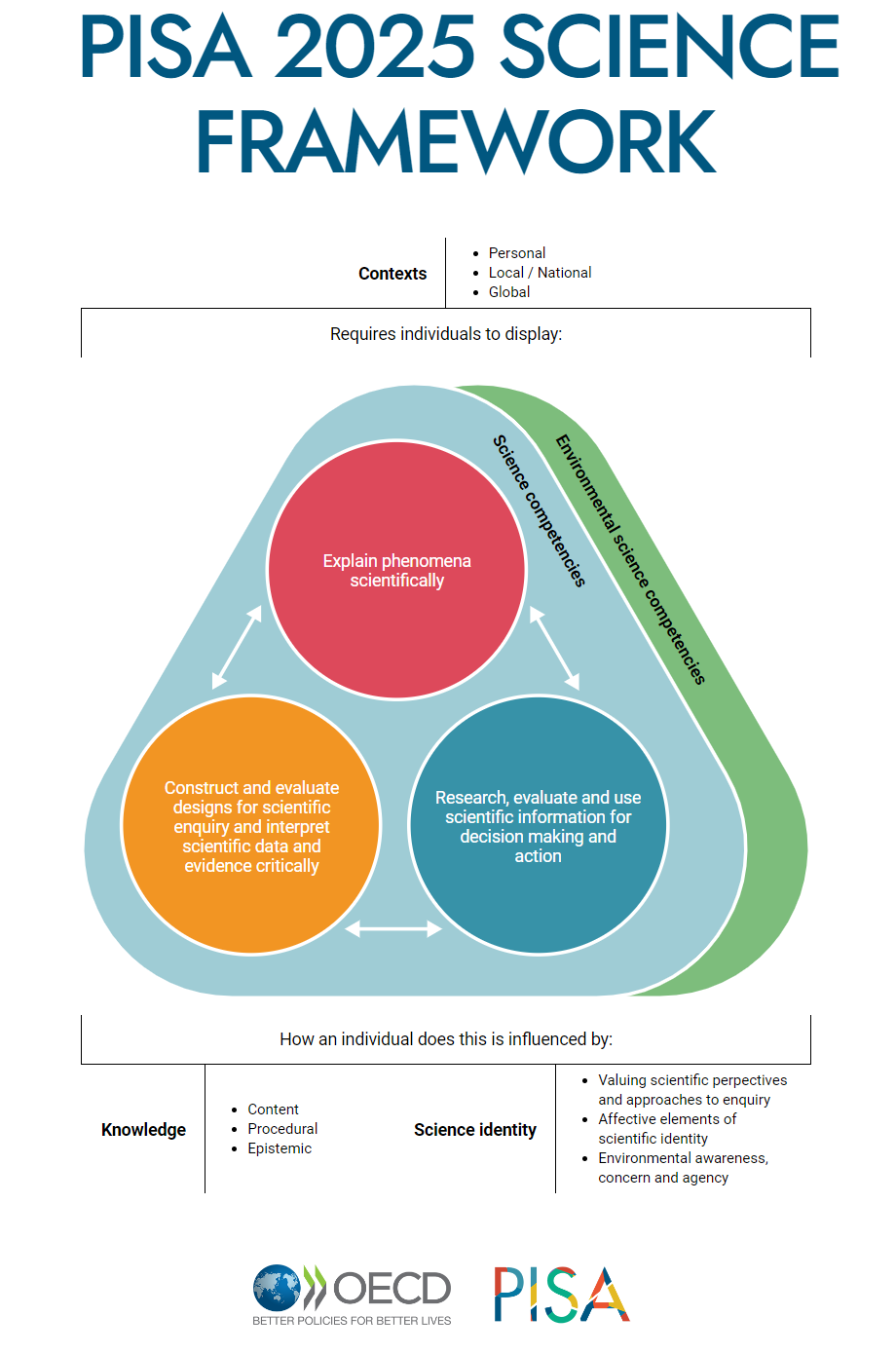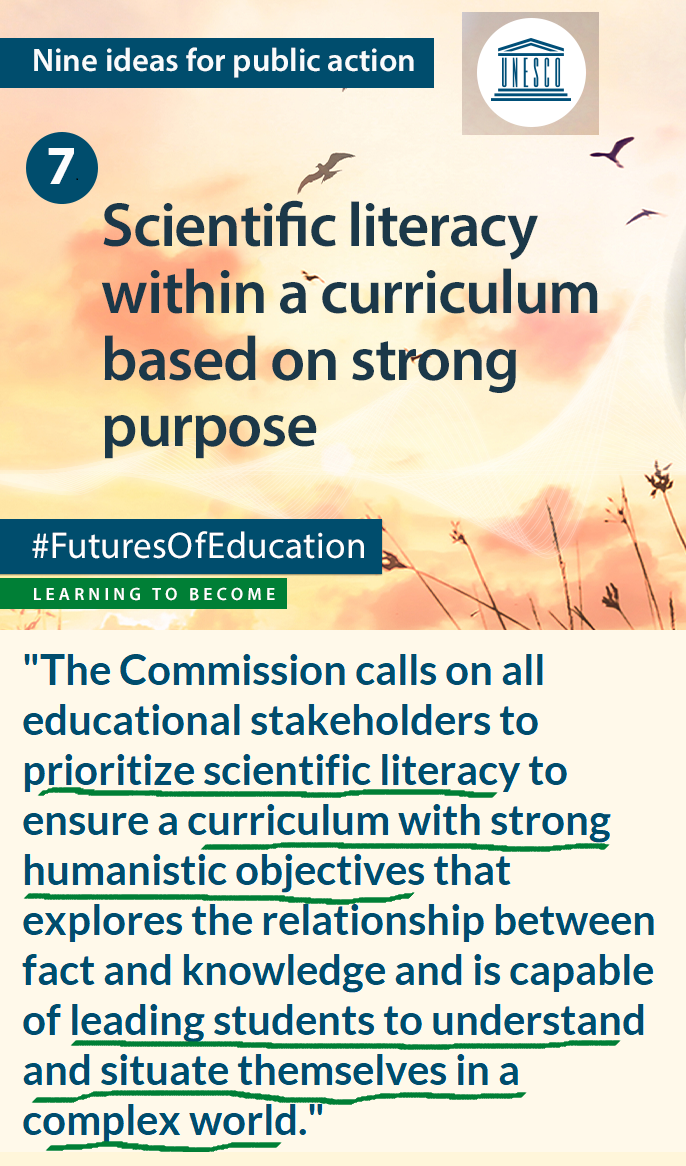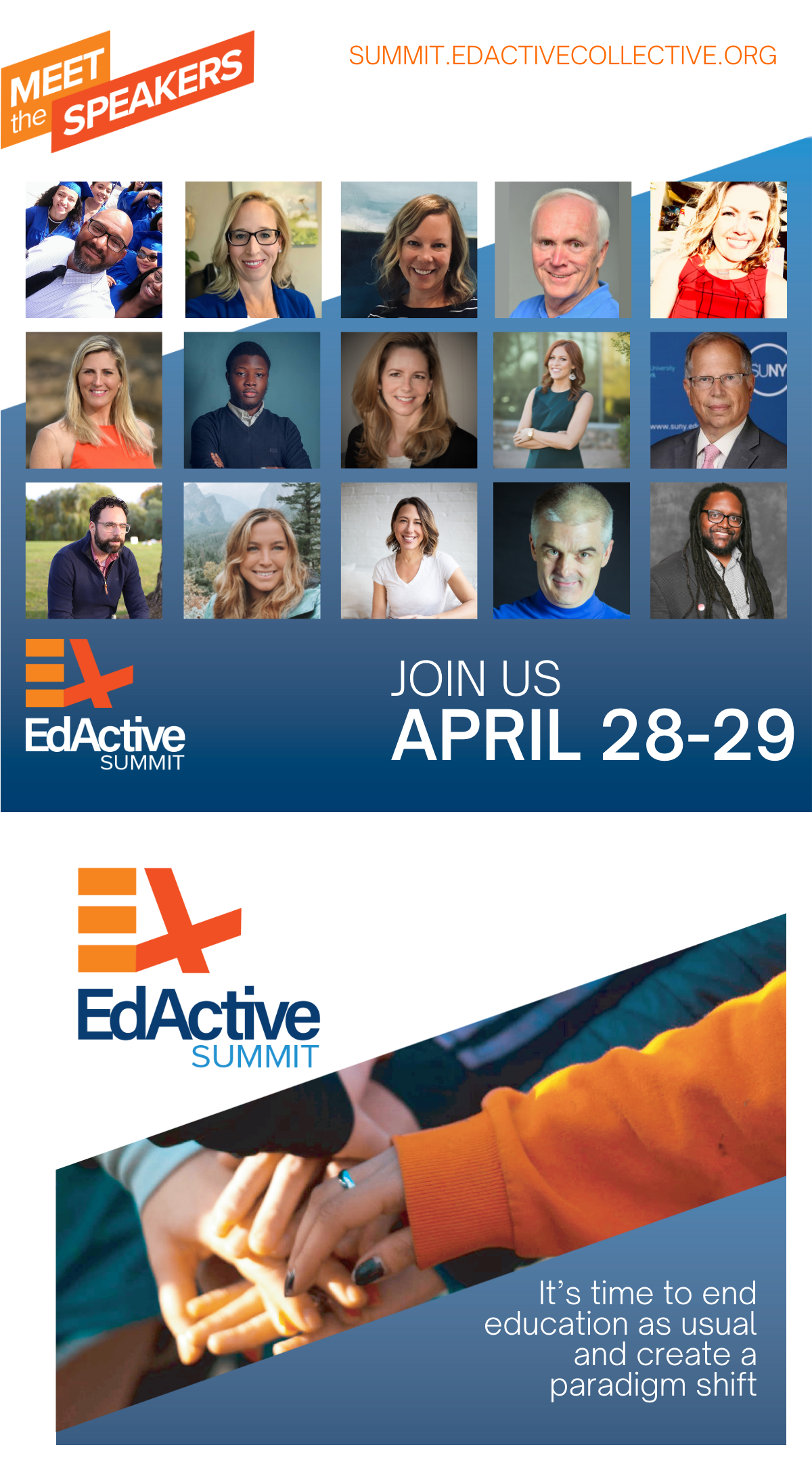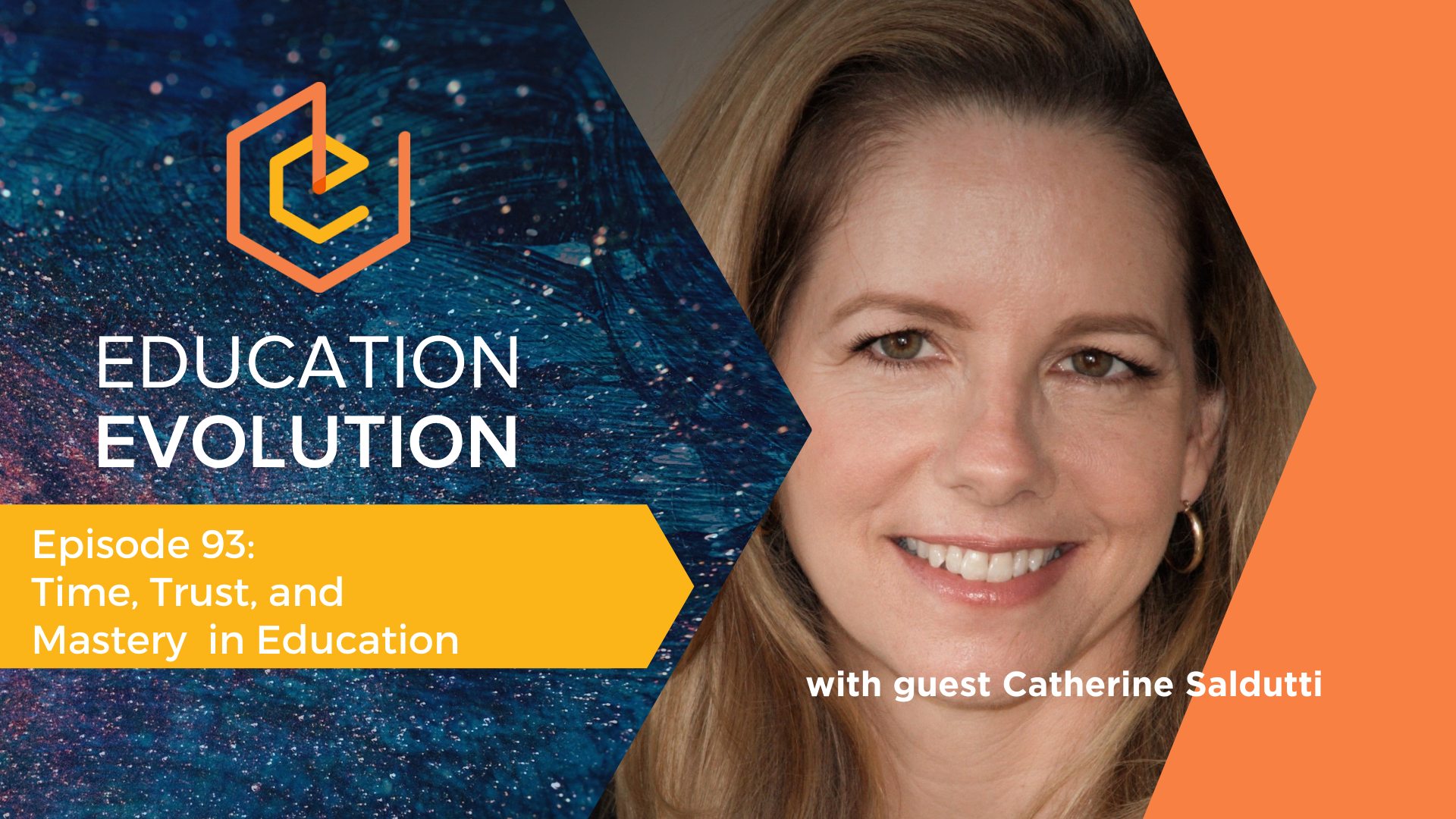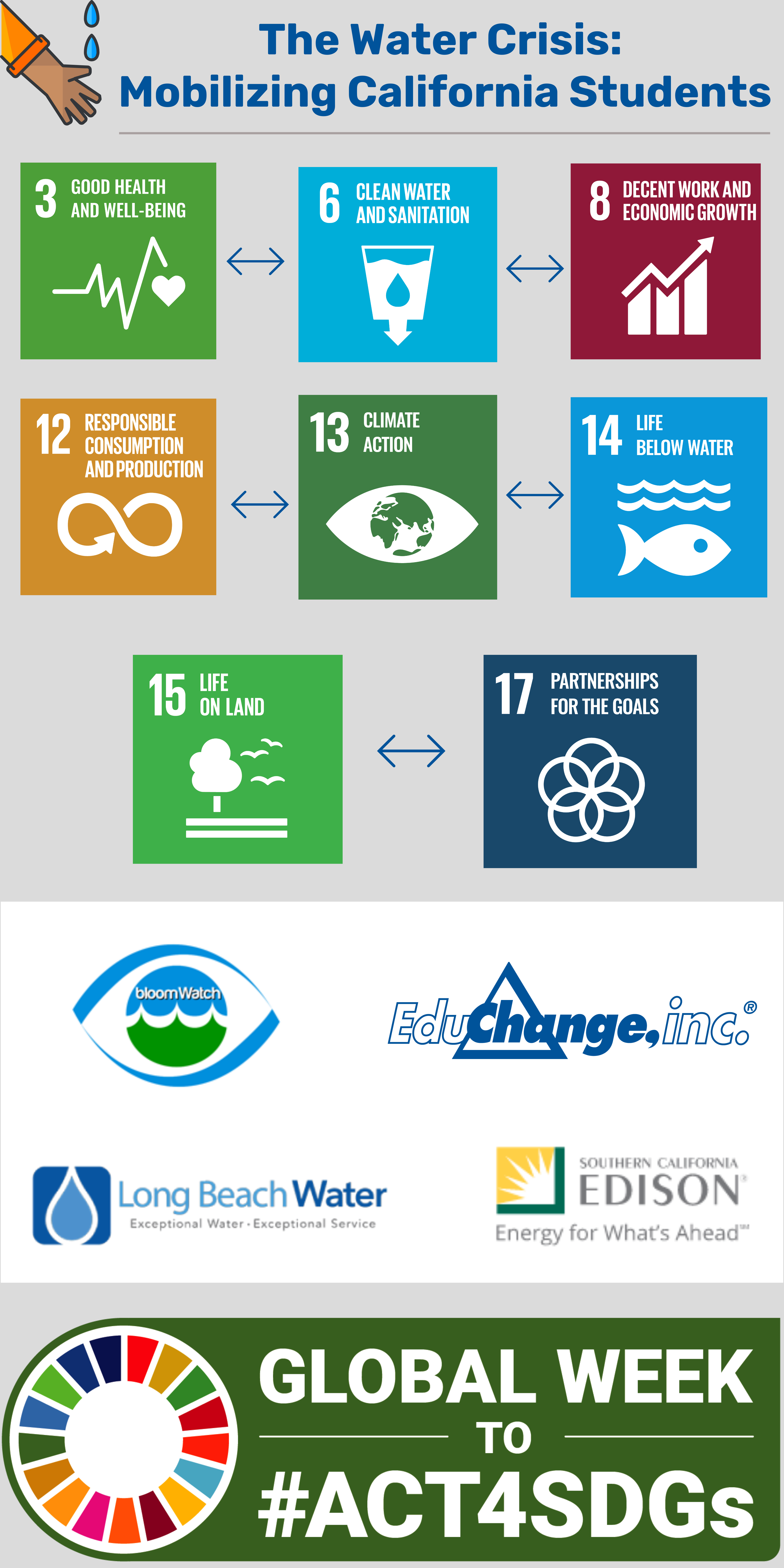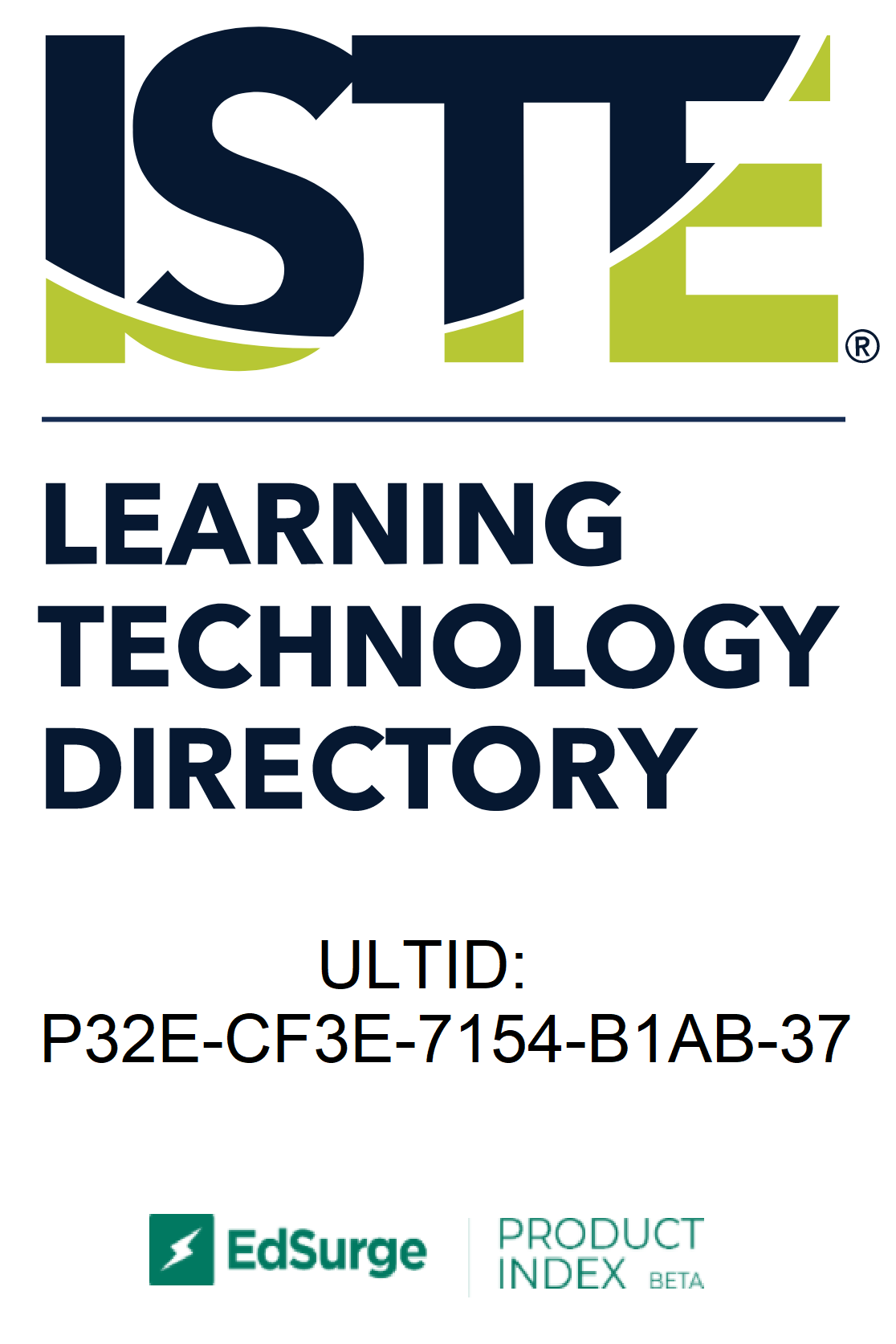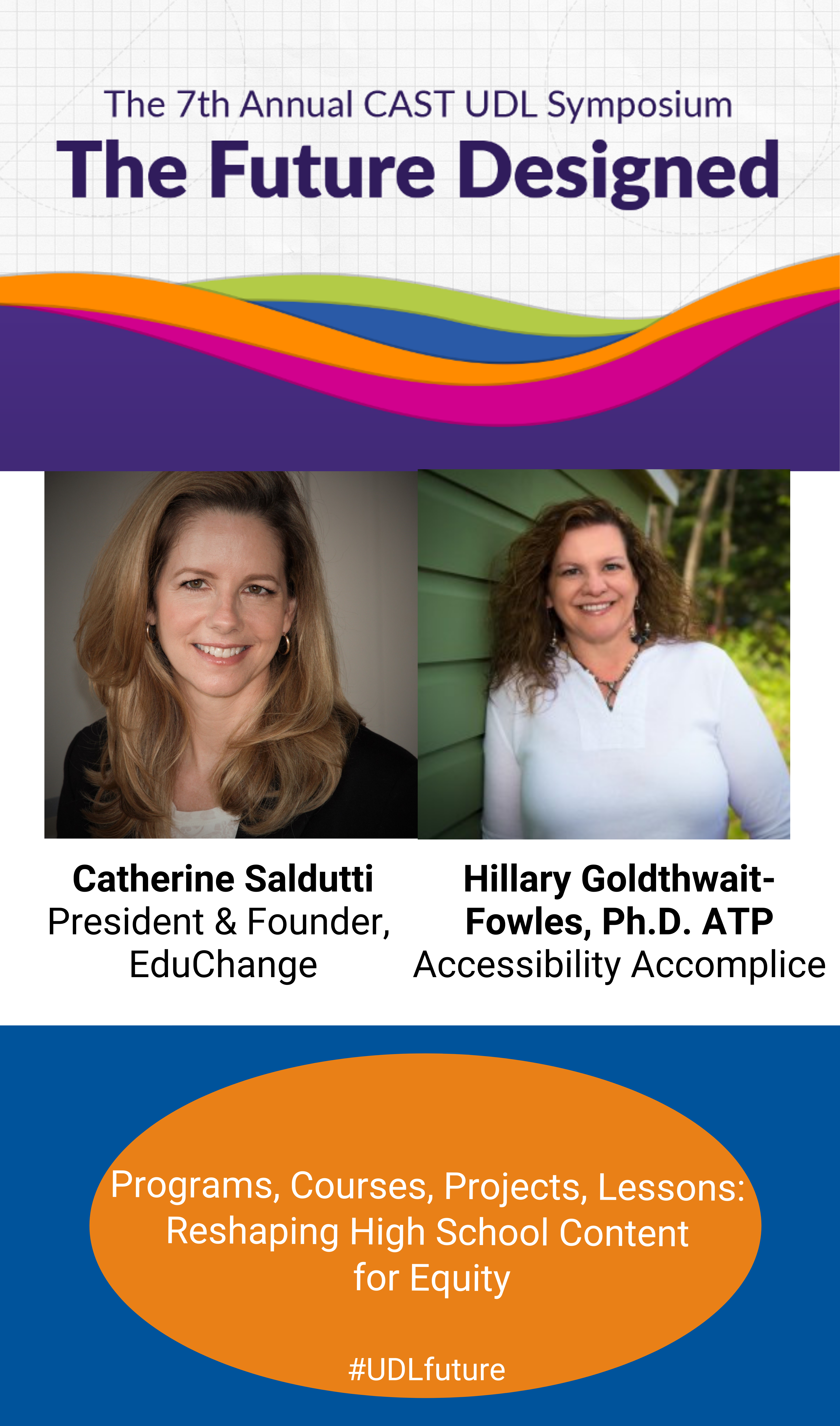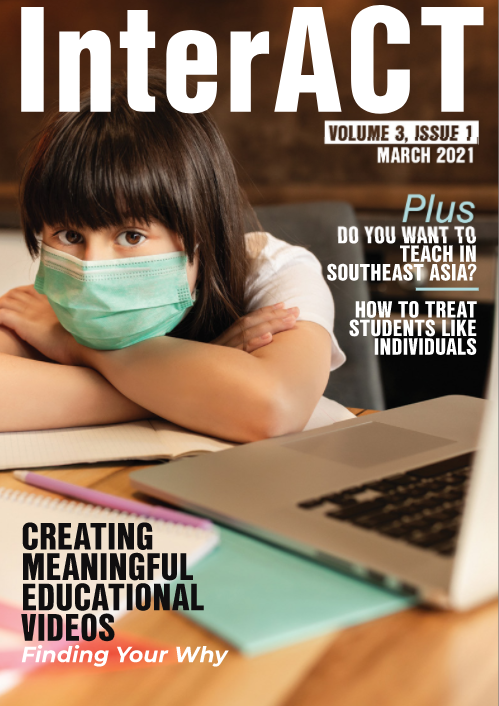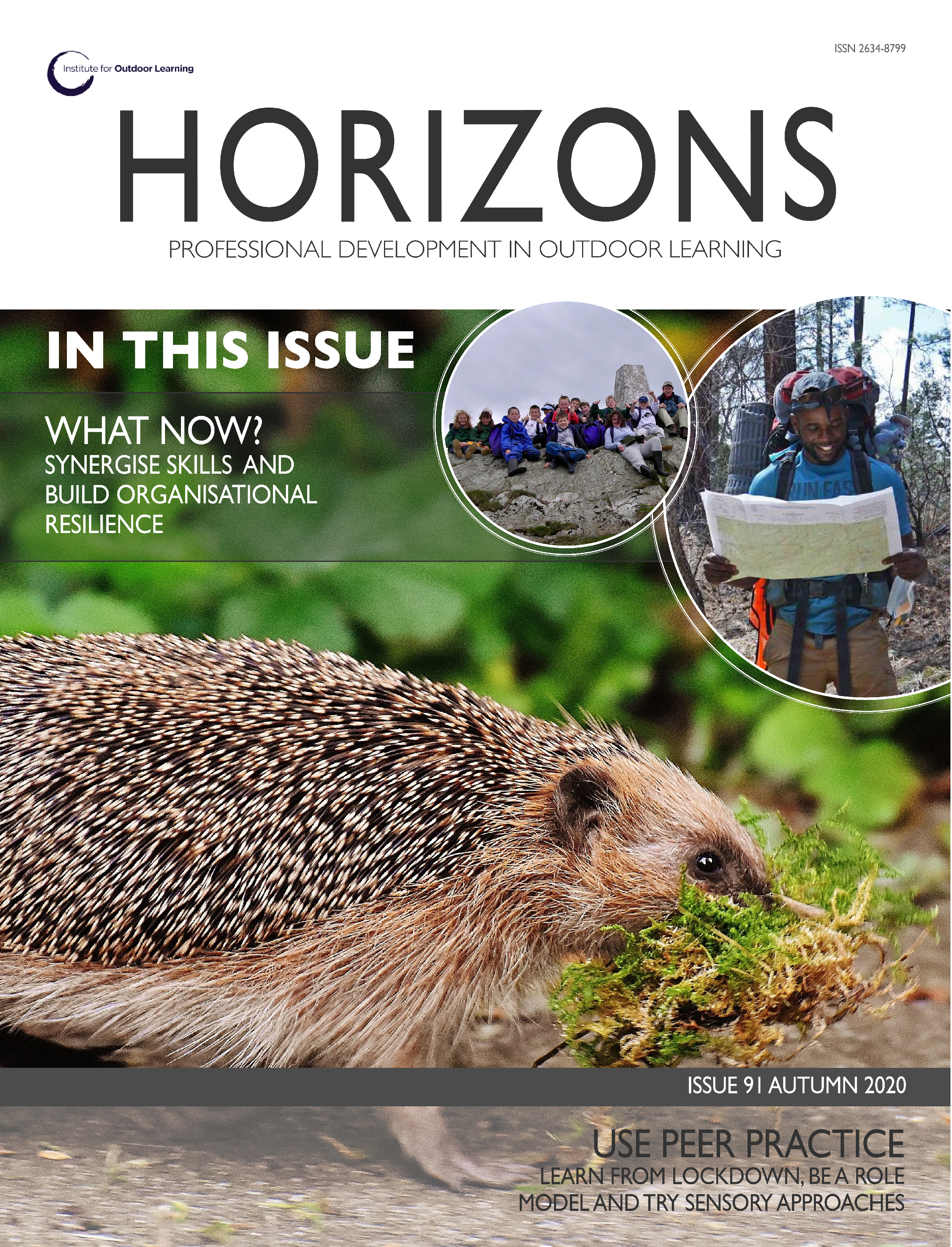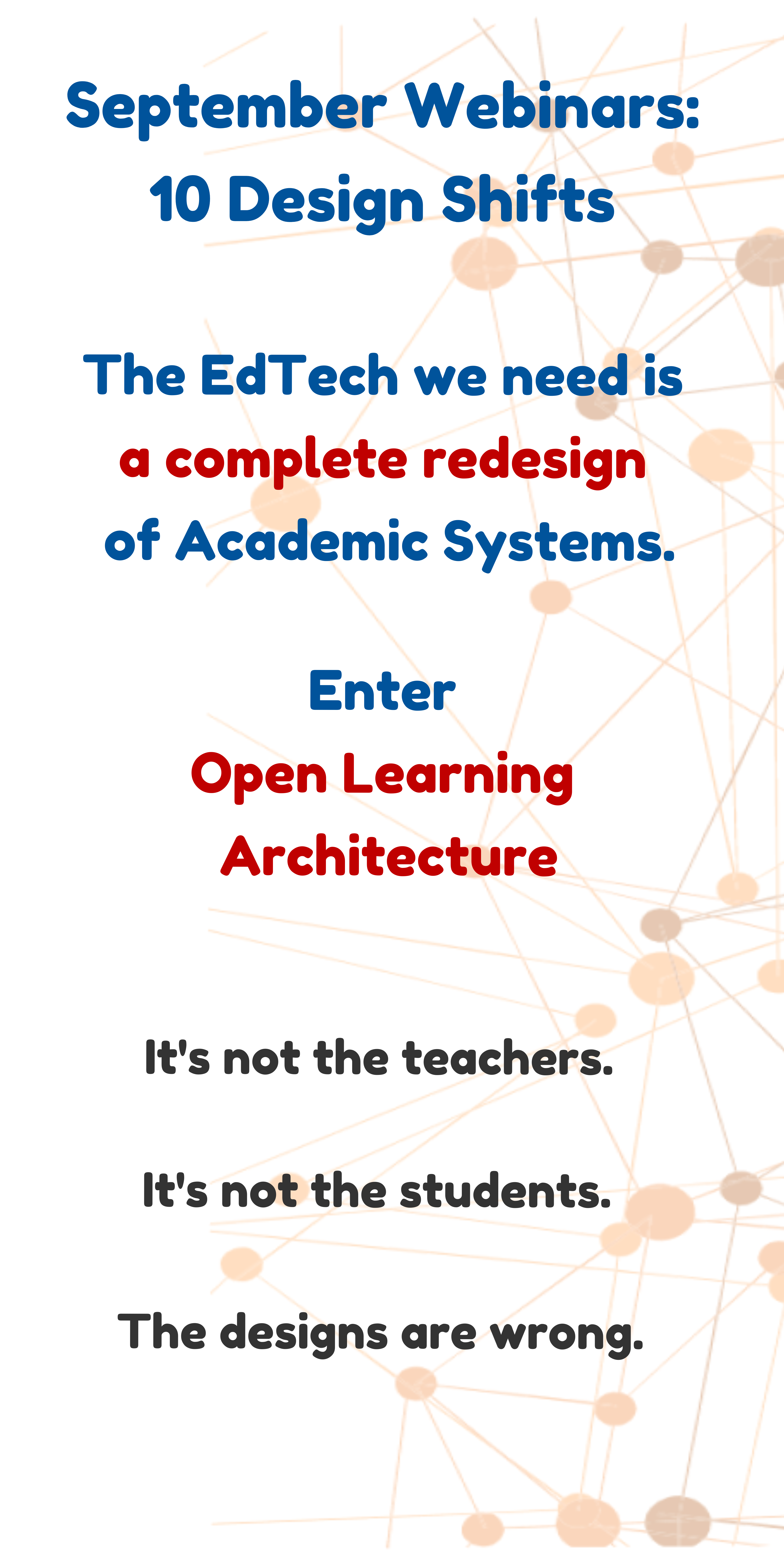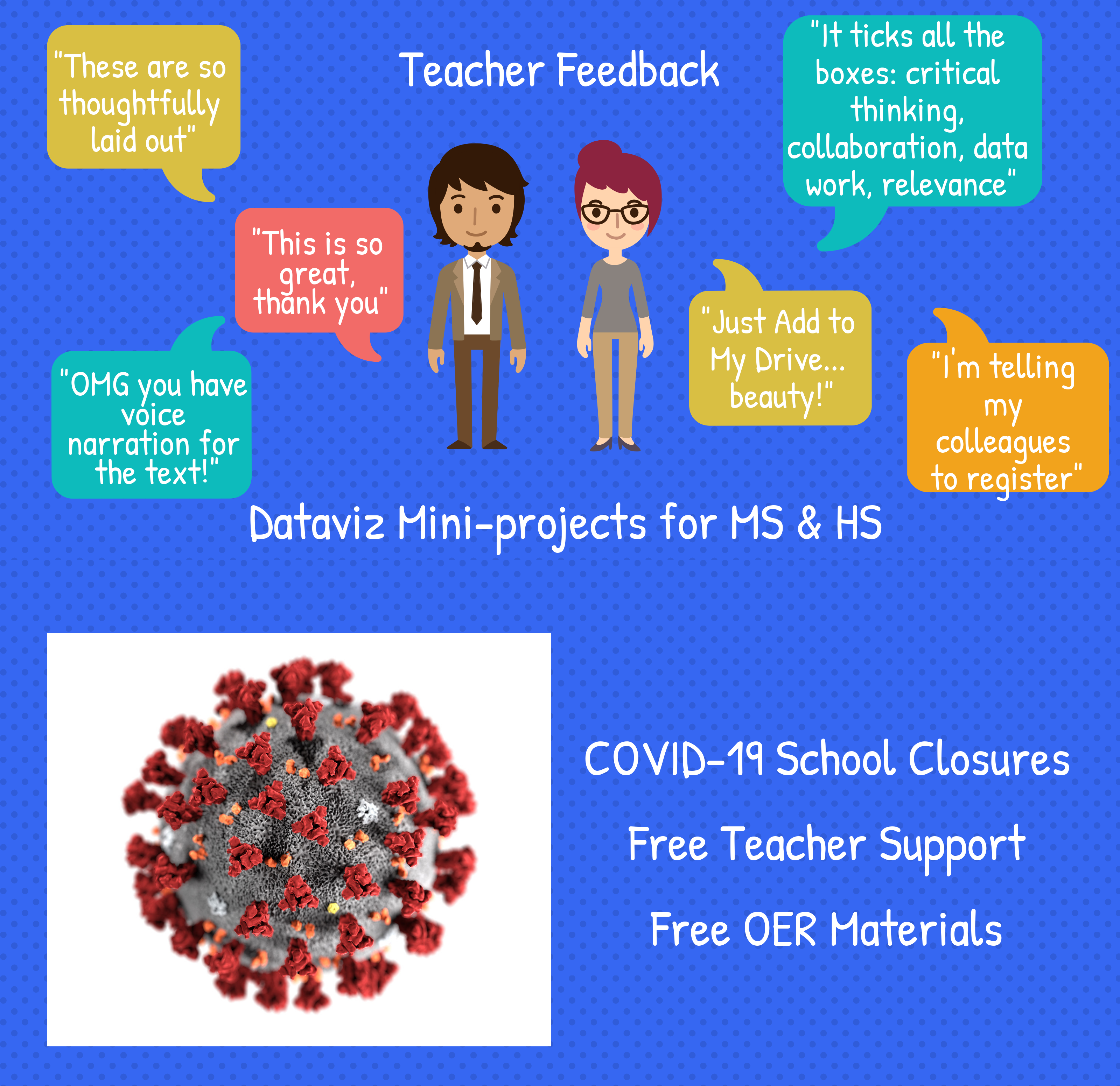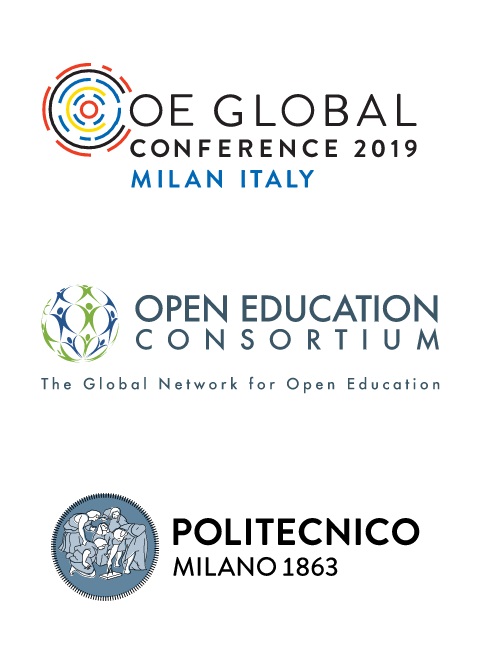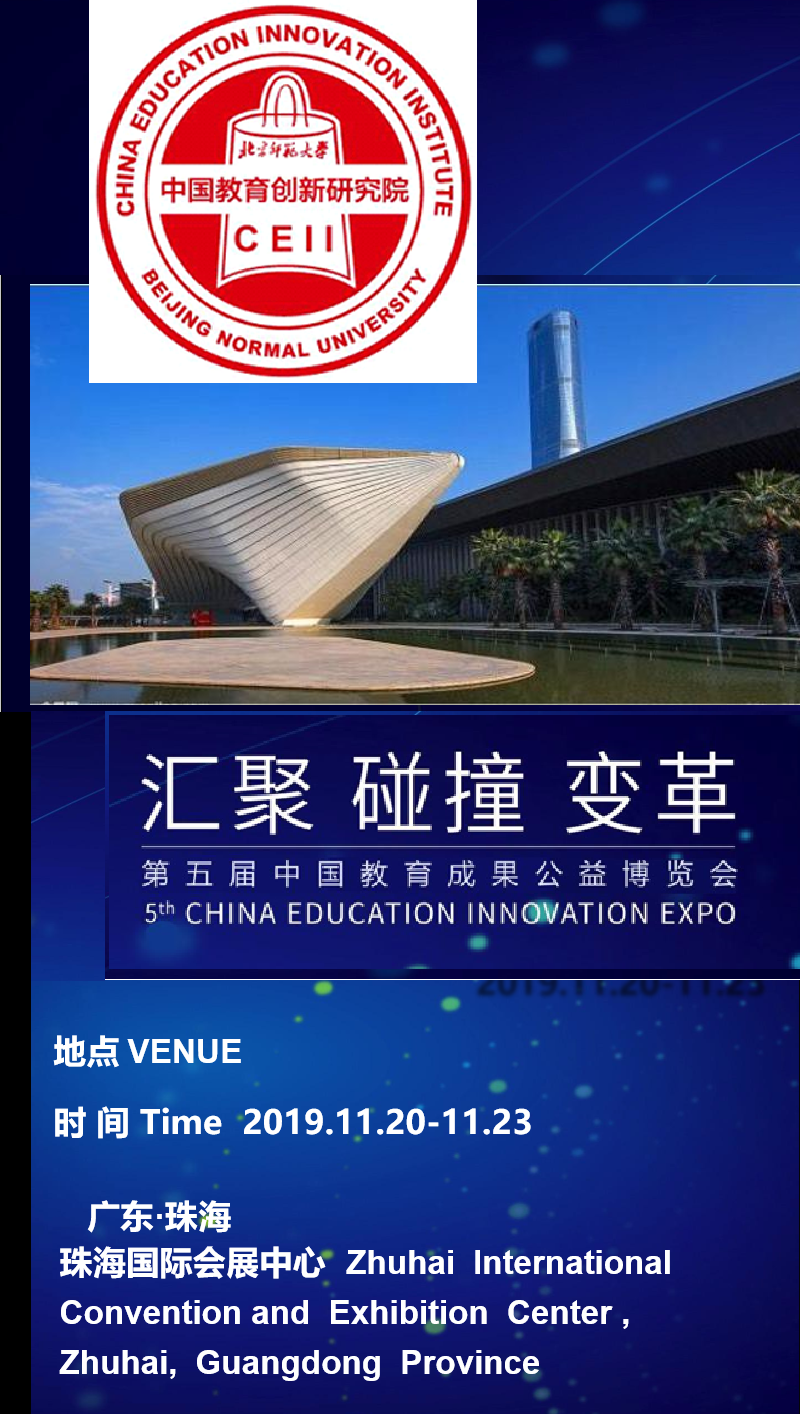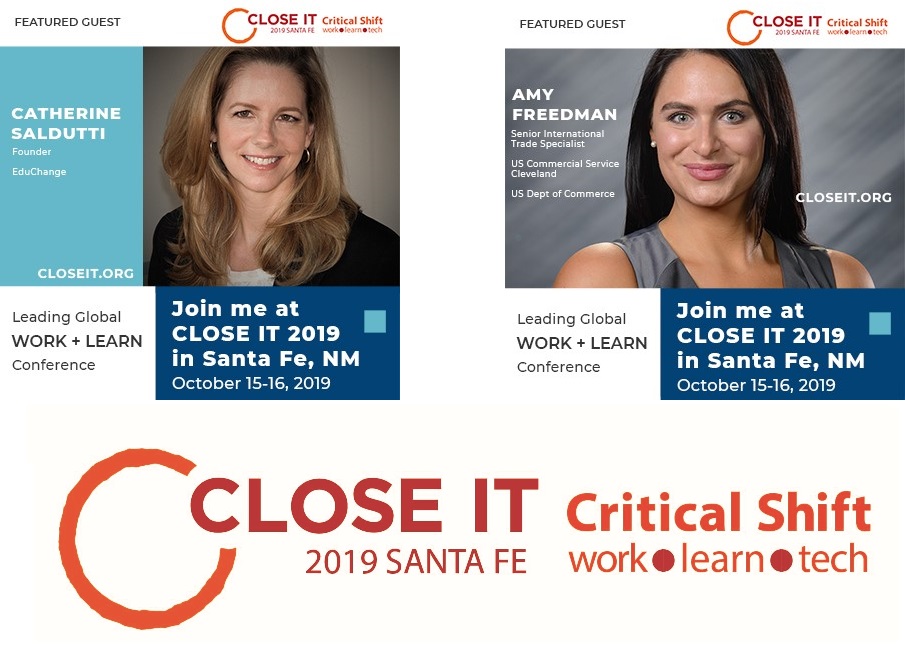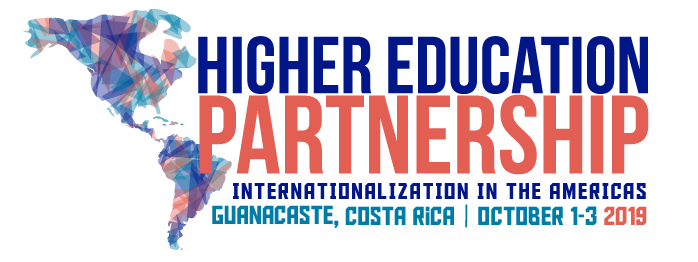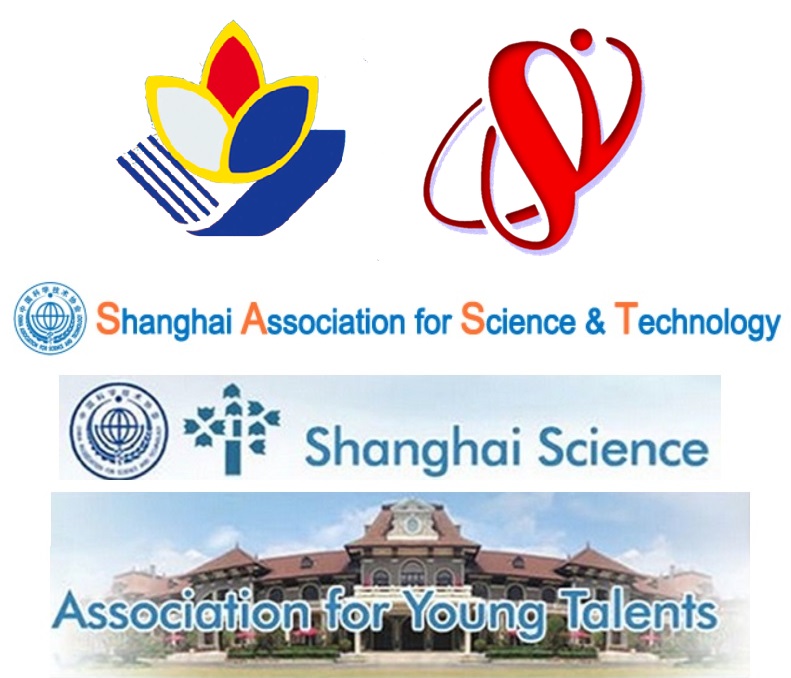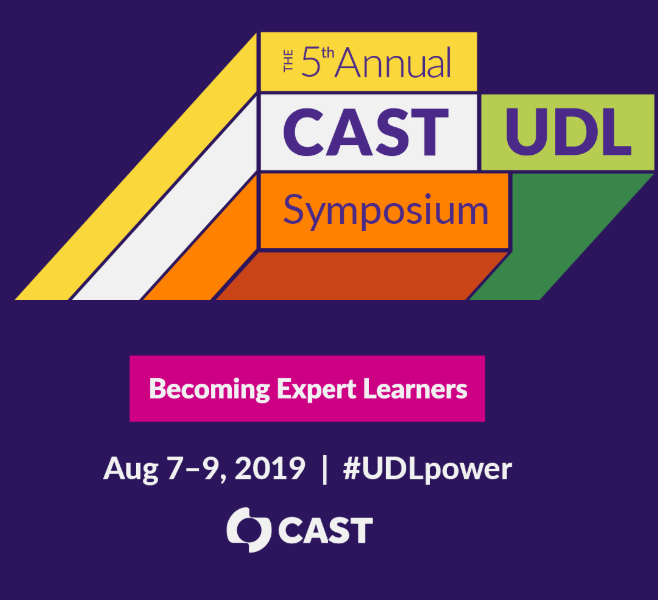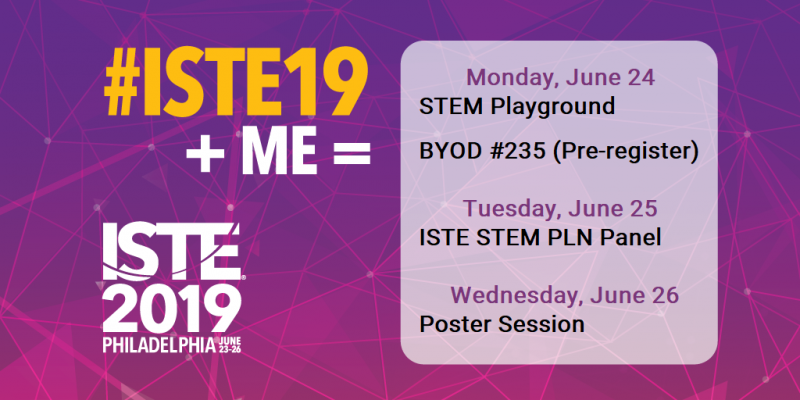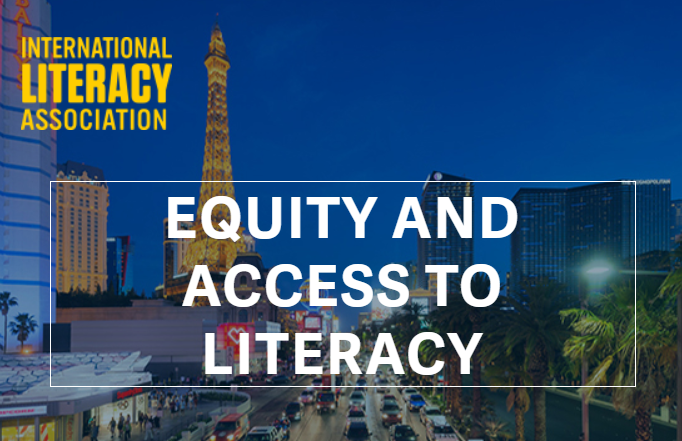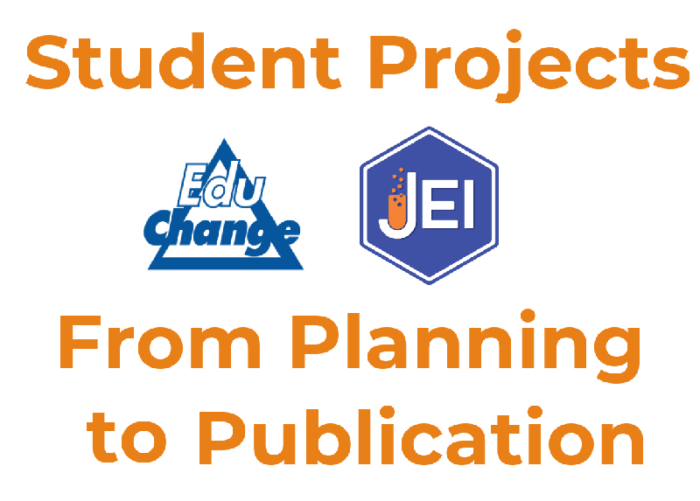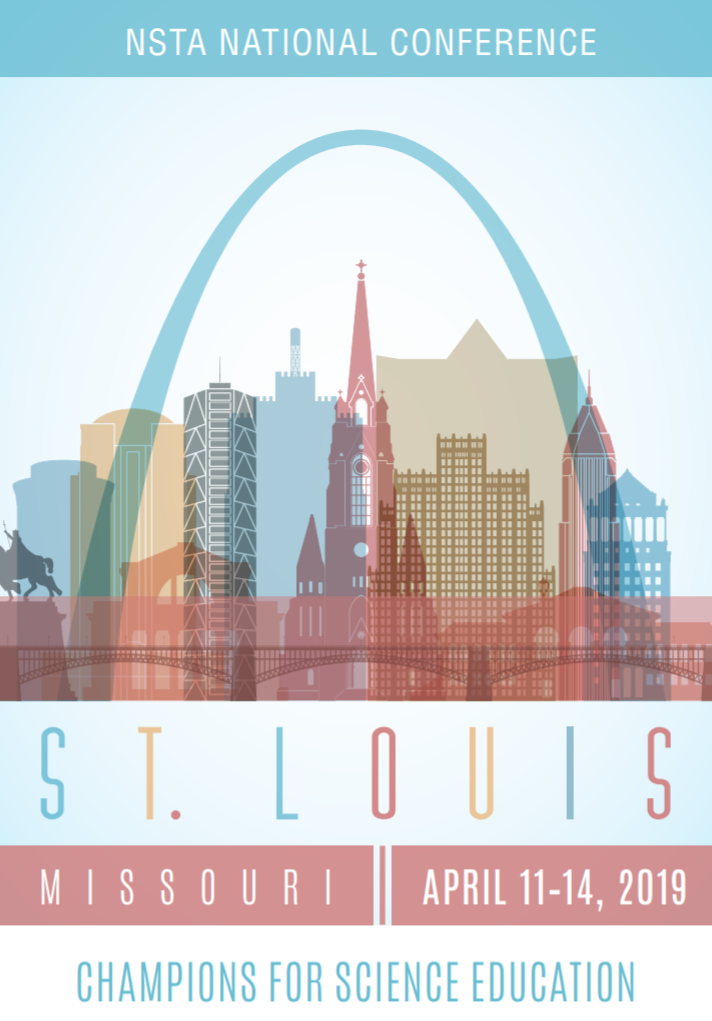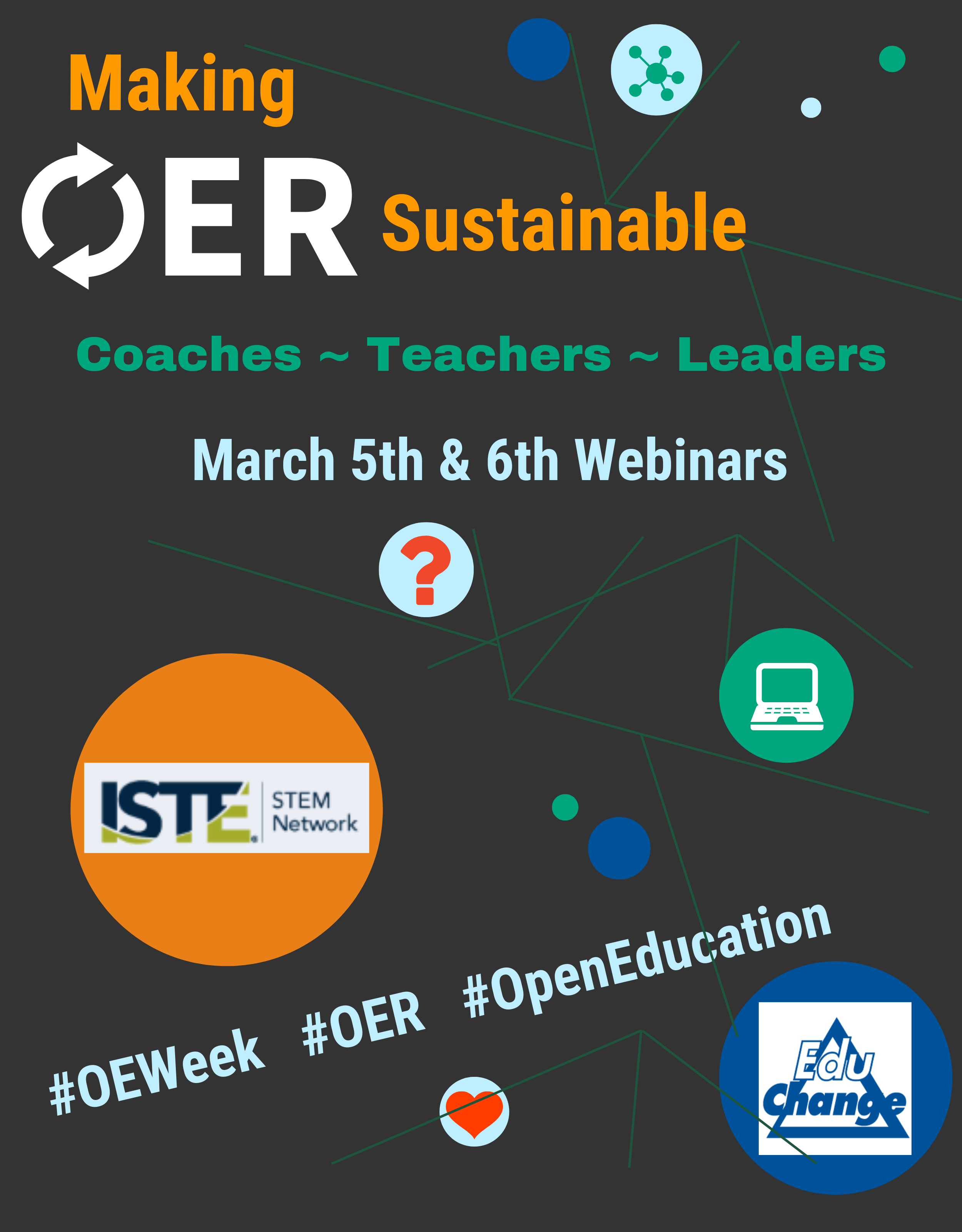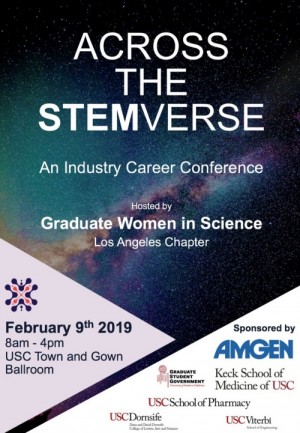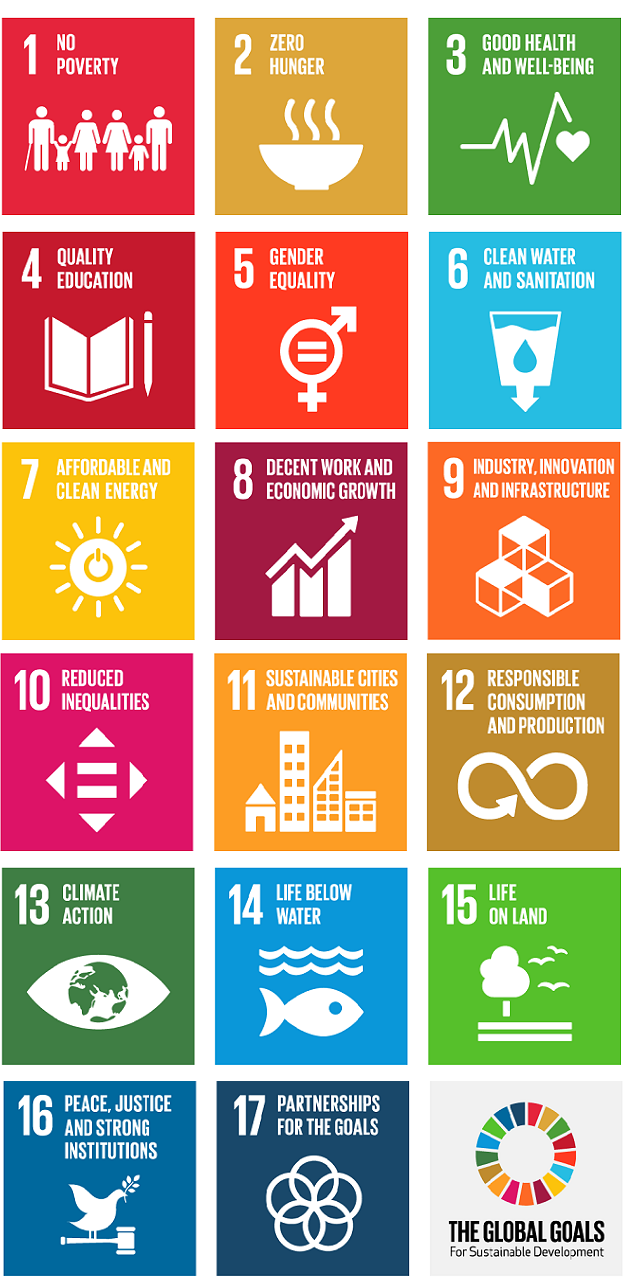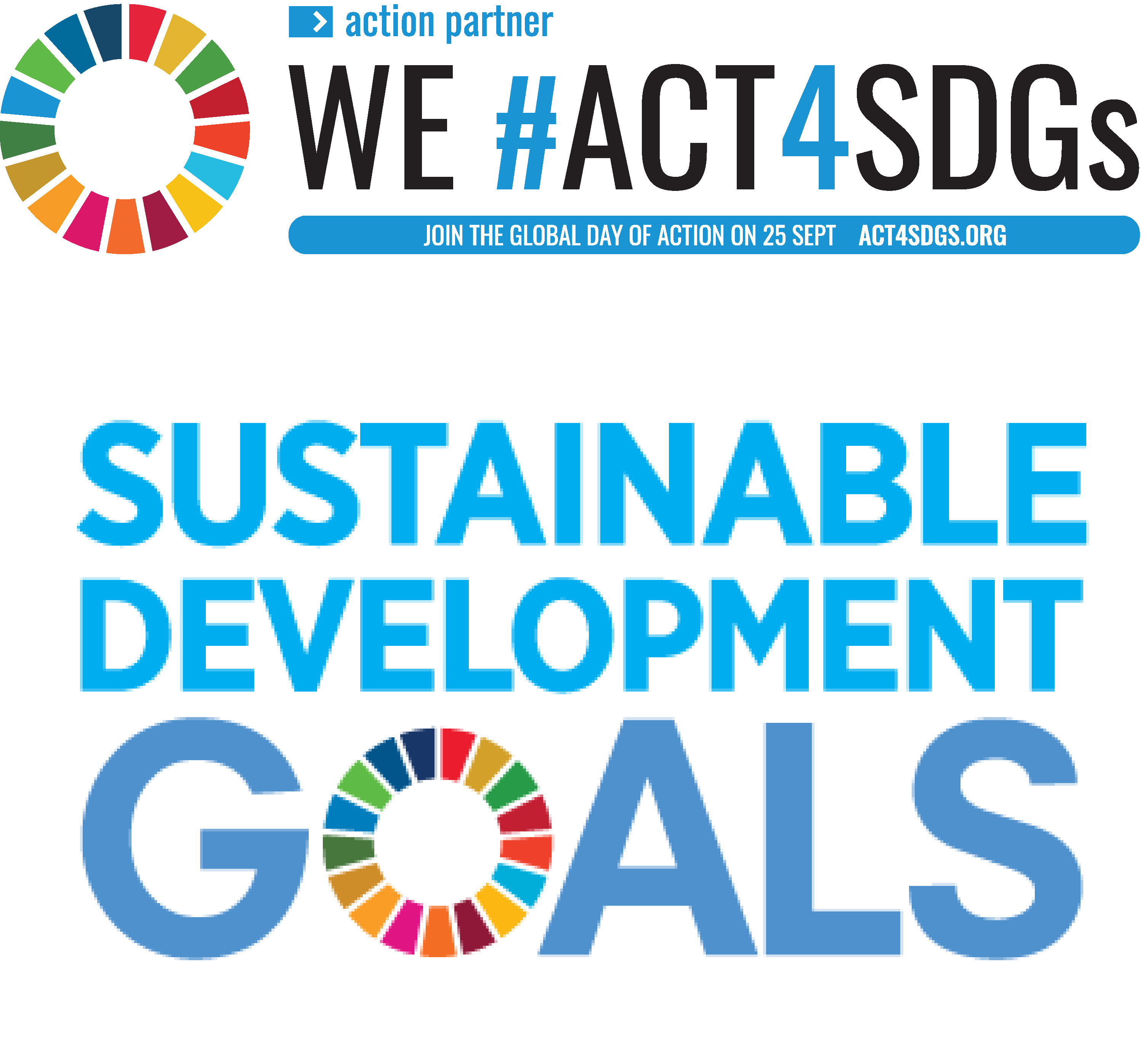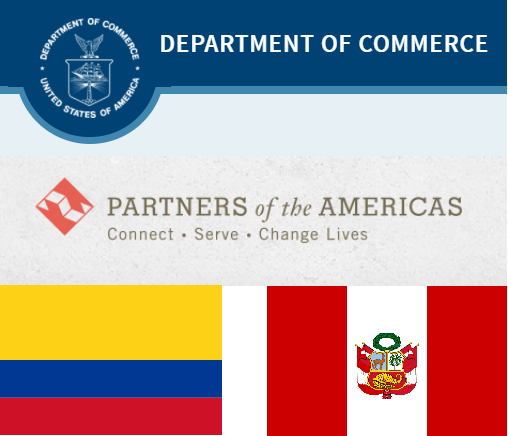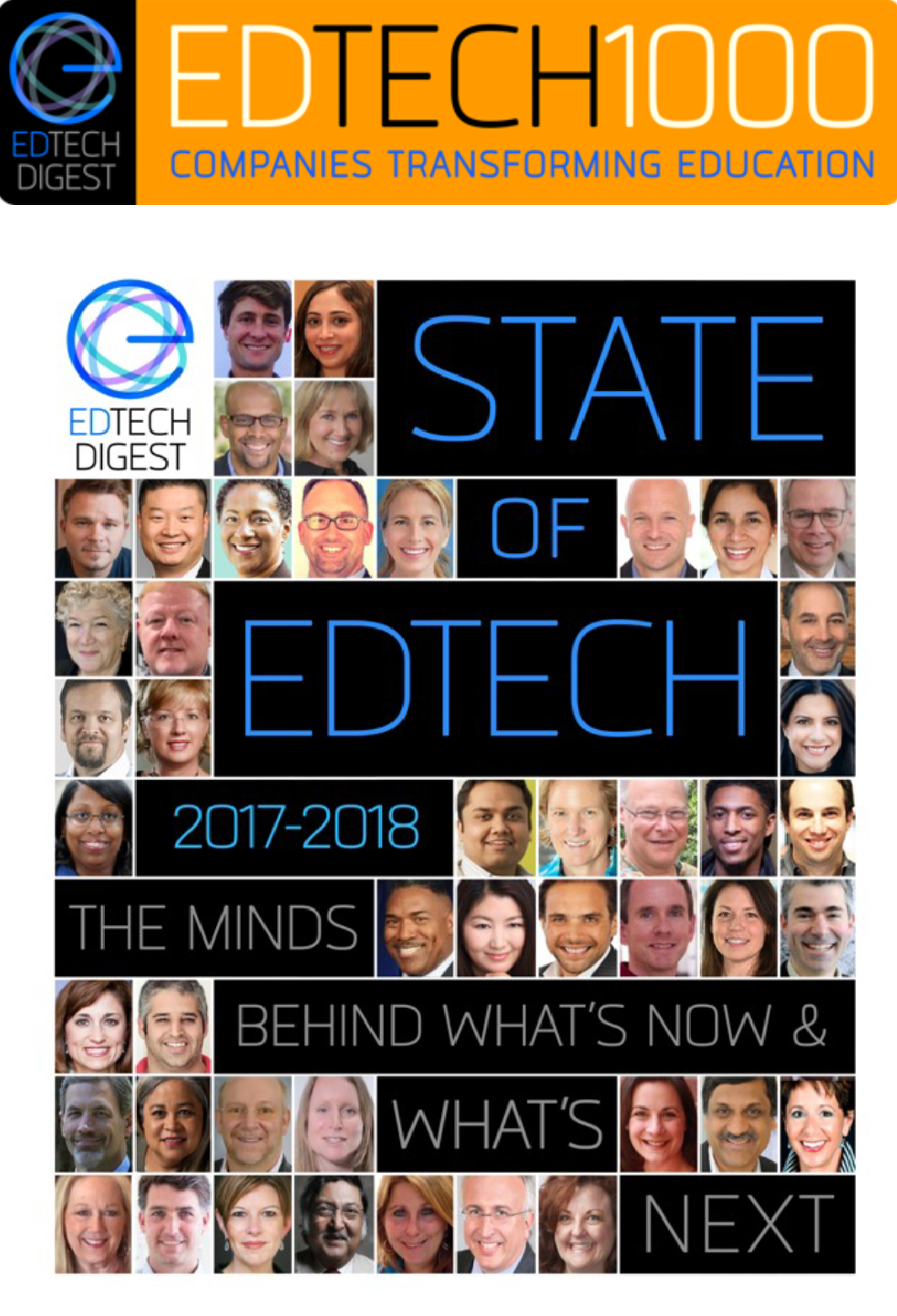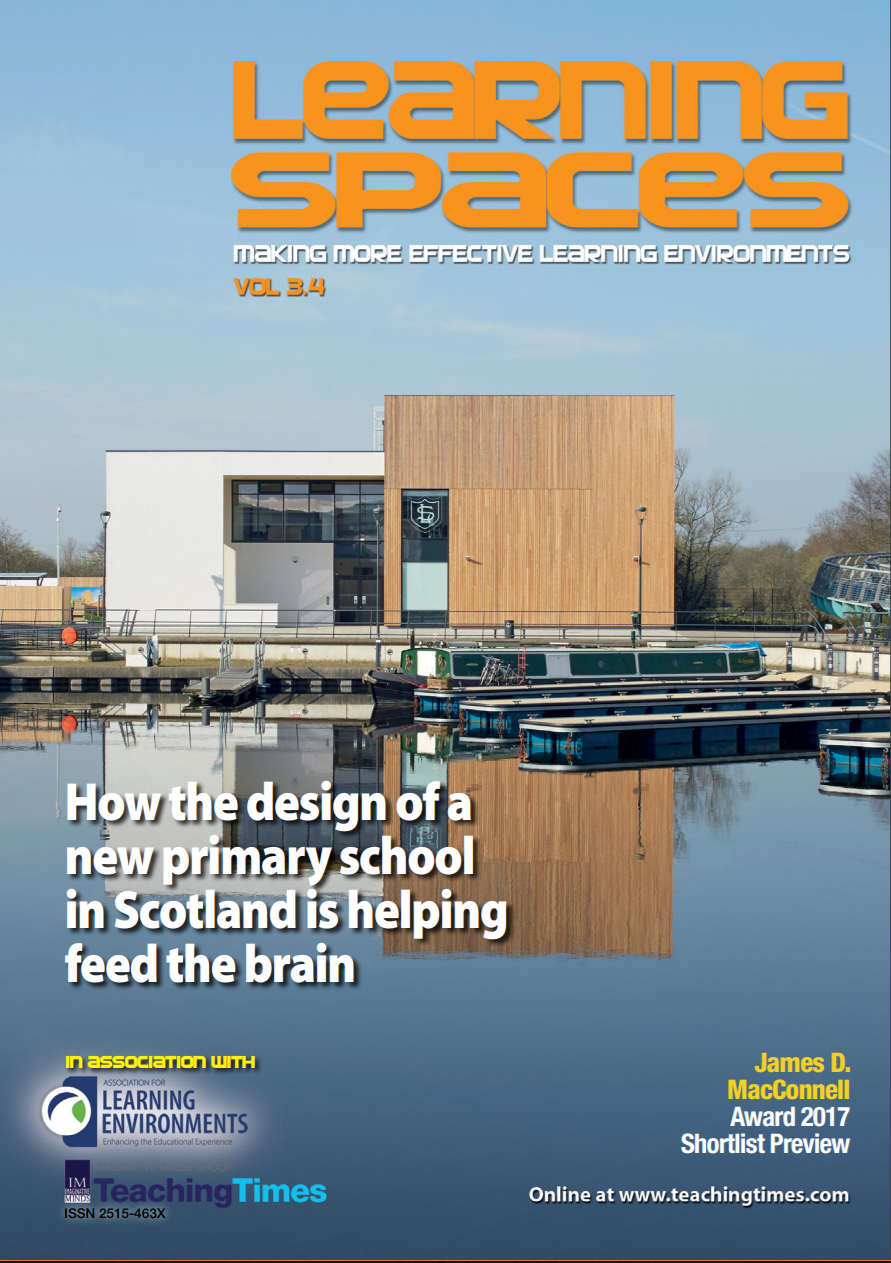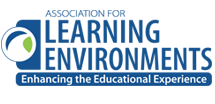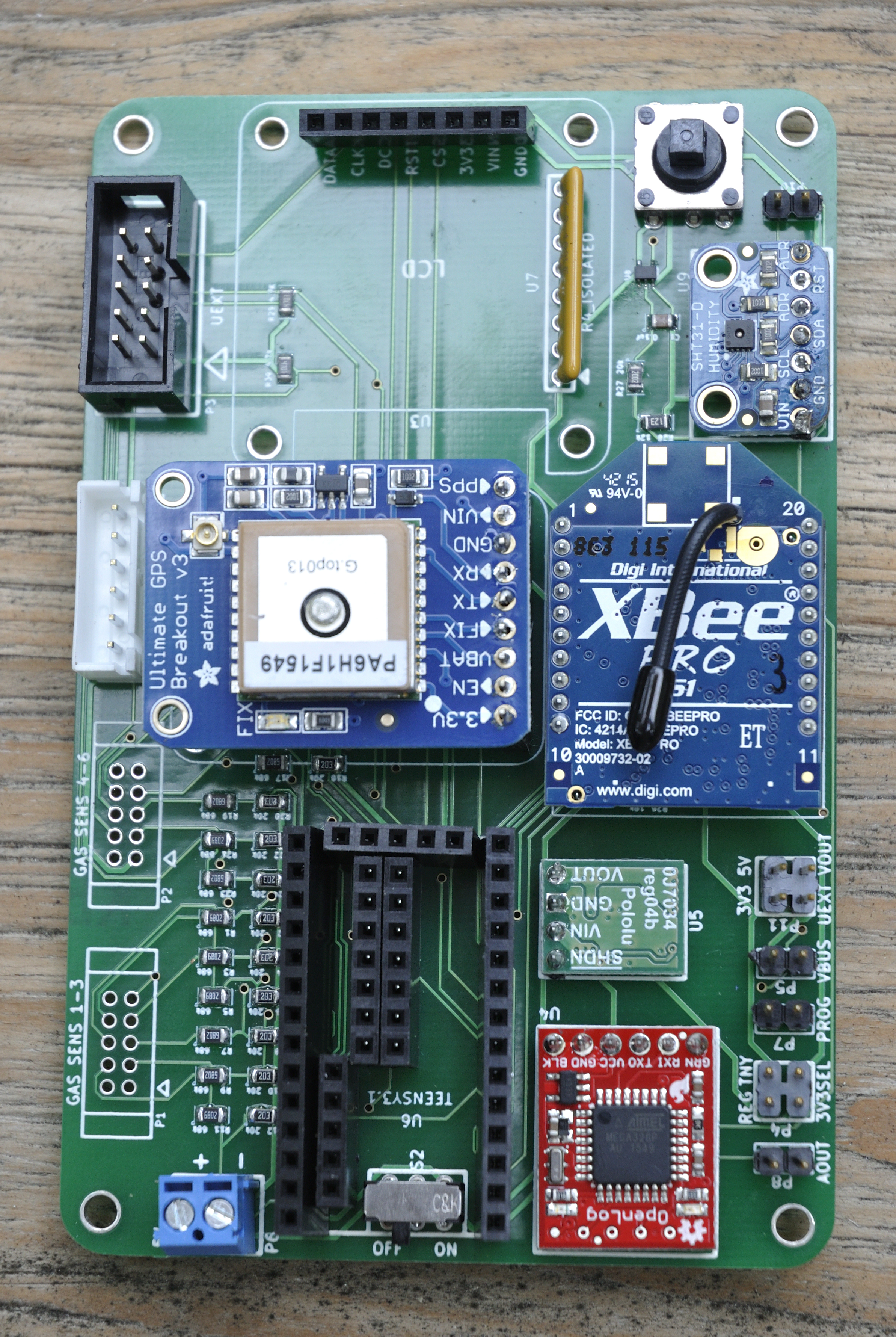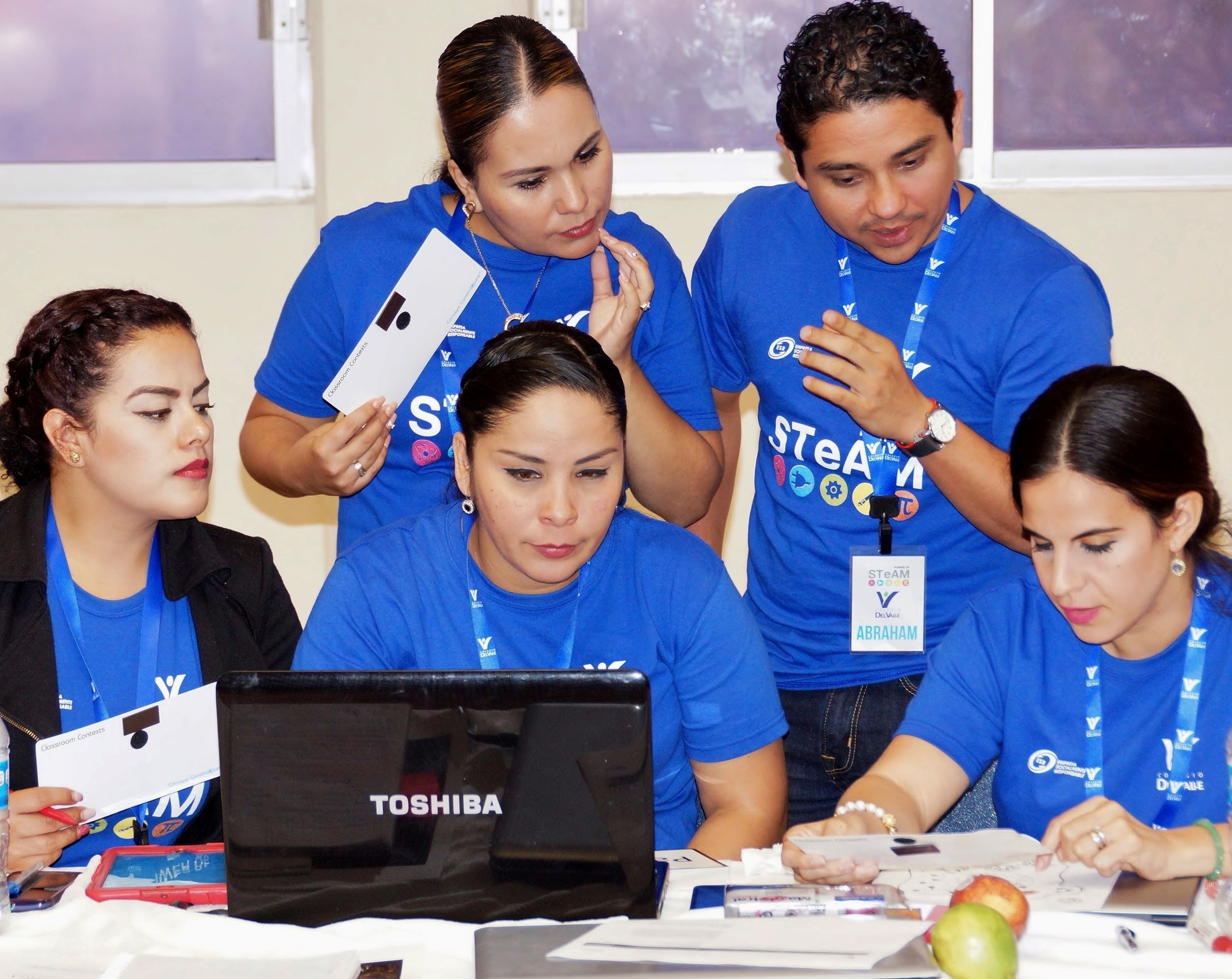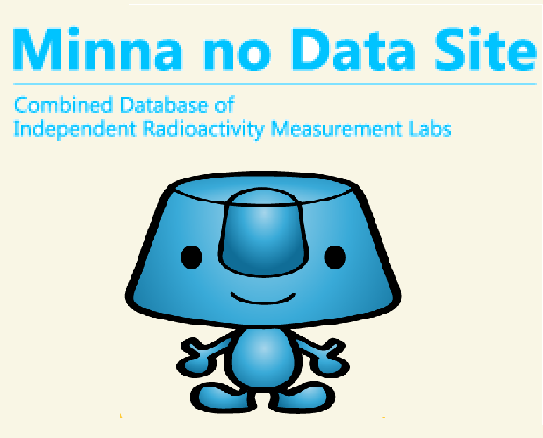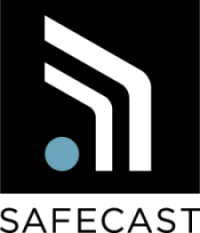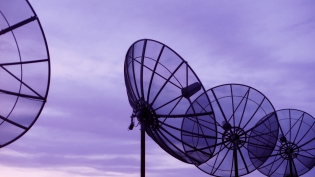Environmental Stewardship of Near-Earth Orbit
At the STATCAST23 Conference for science and STEM educators in Houston, TX we celebrated our unique transdisciplinary STEM unit for high school and undergraduate students: Environmental Stewardship of Near-Earth Orbit. This cutting-edge interdisciplinary
experience challenges students to consider natural and anthropogenic satellites, and the pollution of the environment just beyond Earth’s atmosphere. Dr. Moriba Kemessia Jah has raised awareness globally of the myriad problems caused by debris from satellites no longer operational but still orbiting Earth. He holds several titles and will be a Full Professor at The University of Texas at Austin in Fall 2024.
We launched R&D on this unique unit in 2018 with a cohort of amazing collaborators, including Dr. Jah, Dr. George Tselioudis of NASA Goddard Institute for Space Studies and Carolyn Harris of NASA’s Education & Outreach. Dr. Kristine Varney helped develop it further with her classrooms–once in Texas and again in Virginia. We are grateful for their expertise and collaboration in developing an action-packed unit! Students explore orbits and projectiles, prototype a satellite, understand how GPS works, and tap into the Wayfinder database of all trackable satellites. Students LOVE this rigorous learning experience!
Dr. Jah uses Traditional Ecological Knowledge (TEK) as a lens to view and address myriad problems caused by satellite debris. Students are introduced to space environmentalism! The Environmental Stewardship of Near-Earth Orbit is an example of how we present STEM as an enterprise of “unfinished” storylines. This approach helps students see how their ideas and voices can make a difference right now and as they enter the adult world of work and higher education.
Panel: Global Access to Technology and Education for Development
On October 3, EduChange President Catherine Saldutti was an invited guest on a panel devoted to Global Access to Technology and Education for Development. The panel was hosted by Delta Phi Epsilon (DPE), The University of Southern California’s first and only co-ed foreign service society. The panel was part of their Week of Action for ActforSDGs events hosted around the world. EduChange also participates in these annual events.
DPE partnered with a Kenyan based non-profit called TechLit Africa to host a discussion of global access to technology and its impact on development. DPE has 200+ alumni and members over a broad spectrum of majors and organizations across campus. DPE fosters a community of academic, globally-minded, scholarly, and professional individuals. Regardless of background, DPE focuses on global perspectives and how they connect our endeavors.
USC students asked the panelists these questions, and invited lively discussion from members of the student audience:
- What are some of the biggest barriers to equal access to tech education, and how does this impact global development?
- What changes would you like to see in the education and/or tech space?
EduChange remains committed to digital and technological literacy development, and has articulated 4 years of sequenced instruction in productivity tools, creativity suites, authentic STEM databases, and high-quality educational interactives for STEM. EduChange also ensures equitable access through training on the use of Assistive Technology tools for device, browser, app and web page personalization.
EduChange Team Beta-tests EPA Bloomwatch App
Our Integrated Science Program incorporates real-time data from real-world STEM professionals who are doing the research and tackling some of the world’s toughest challenges. Quite literally, our program emerged from the field, not a textbook. We depend on our STEM expert practitioners to peer review and guide our content development. Several years ago we began working with EPA Region I Director Hilary Snook and University of New Hampshire Professor Shane Bradt, who were developing a crowdsourced data collection app for community science applications. Algal blooms are sometimes harmful and sometimes not, but their presence in local ponds, lakes, streams, sloughs and coastal areas may indicate ecological problems.
Snook and Bradt developed the Bloomwatch app to encourage community scientists to capture bloom data and submit it on the app. The geospatial data may be shared with local water departments and experts who can help manage the situation and monitor algal growth. We soon developed a DIY Field Trip for teachers in our program to send students into their local communities and parks to gather data. Hilary and Shane even Zoomed in with teachers to learn about the data submissions!
Fast-forward to 2023, and the Bloomwatch App is now transitioning to the FIRST crowdsourced data source EVER to be managed by the US Environmental Protection Agency (EPA)! Members of our EduChange Team participated in the Beta Test. The new app will be released in early 2024 and our classrooms will be READY to implement!! The ESRI data are wonderful for helping students understand how maps are built in layers. We are committed to teaching Data Science at the intersection of Environmental Stewardship, and Bloomwatch highlights the connections among Federal and Local agencies for students. This brings the UN Sustainable Development Goals into focus. Congratulations to Hilary and Shane for making their vision a Federal reality!!
Integrated Science Meets/Exceeds PISA 2025 Framework
We are pleased to share that our ever-evolving Integrated Science Program is nearly synonymous with the requirements laid out by the PISA 2025 Science Framework. Compare our visual to theirs! Do you see why breaking down silos is the best way to build learning experiences for teens and adult learners?
The PISA 2025 assessment is a key indicator used to view science educational attainment across OECD member nations. According to the OECD: “The PISA 2025 science framework defines the competencies that are developed by science education. These are perceived to be a key educational outcome for students, to engage with science-related issues, with the ideas of science, and to use them for informed decision making. The scientific competencies define what is considered important for young people to know, value, and be able to do in situations requiring the use of scientific and technological knowledge….The degree to which 15-year-old students can undertake these tasks is a measure of the outcomes of their science education.” (Note to US educators: this framework captures NGSS in more straightforward way.)
Integrated Science EXCEEDS the PISA 2025 framework requirements through our explicit attention to:
Undesirable scientific legacies that must change: the exclusion of people, perspectives and voices; the use of science to justify: systemic racism, gender bias, ableism, oppression, genocide, and xenophobia in institutions and policies; academic dishonesty in all forms; parachute science; parachute science teaching, etc
Indigenous perspectives and ways of knowing (beyond ecological issues)All 17 United Nations Sustainable Development Goals (SDGs)
Data science and computational thinking
An assessment system that fosters creativity, transdisciplinary sensemaking, and SEL; replaces memorization with schema-building; tracks growth in durable skills (not completion); does not rank students against one another (if Singapore can do it, so can your school)
Climate Science in every month of every year
Are your 15-year-old students up for the challenge? Is your school or community ready for change?
EduChange remains the only designers that provide a comprehensive, multi-year, classroom-tested, time-mapped, scientifically peer-reviewed, competency-based program, including all instructional content, teaching guides, student texts, performance tasks, rubrics and analytics (shout-out to Headrush Learning, our Canadian partner!).
Integrated Science is designed for flexibility & customization at the level of the learner, teacher, school, district/collective, state/province, and nation. We are ready NOW to partner and collaborate with educational leaders and government officials across the USA and globally. Contact us to learn more.
EduChange Celebrates the US Return to UNESCO
In June 2023, the USA was accepted back into UNESCO after a 5-yr hiatus. EduChange is a friend of UNESCO’s Futures of Education initiative. They have asked us to share their report via our networks, entitled “Education in a Post-COVID World: Nine Ideas for Public Action.” The entire report may be downloaded here.
Our work fits squarely within “Idea 7: Scientific literacy within a curriculum based on a strong purpose” meaning that we need to stop making science class a fact-and-formula memorization class and start getting students to embrace actual problems that face global and local contexts, and affect all of us personally. Within Idea 7 the international panel states:
“Curricula should be increasingly integrated and based on themes and problems that allows us to learn to live in peace with our common humanity and our common planet.”
UNESCO has a long history of supporting the integrated science approach, and even commissioned an international team of experts in the 1970’s to try to develop one for secondary students. They abandoned the effort because it was quite difficult, and required more time than they had allotted (yes, we know the feeling!). And guess what? Integrated, multi-year, coherent, competency-based learning progressions are the most EQUITABLE. Are you part of a school serving students ages 13-up, that is truly interested in leaving behind inequitable, outdated academic structures that are not grounded in the current neuroscience of learning?
We invite you to learn more about our instructional designs!
Catherine Presents Open Learning Architecture at EdActive Summit
The EdActive Summit assembled changemakers across the globe for a 2-day virtual event in April 2022. The Summit showcased the people on the front lines of policy, activism, technology, school, and instructional design. Catherine was an invited presenter, one among those who are doing the work and leading the change at the home, community, state, national and international levels. Her presentation Built for Growth: How Open Learning Architecture Supports Diverse Learners focused on how EduChange tapped the Sciences of Learning and Development (SoLD) to open assessment, disciplines and learning experience designs for secondary students. And it’s not just eduspeak: we’ve actually built a comprehensive model that busts barriers for high school science. The video transcript is provided in the link above. To continue the discussion at your school or community site, check out the references below:
- Download the reference 10 Design Shifts for Open Learning Architecture
- Download the discussion protocols: Policy or Precedent? and Never Once Again
See the Q&A after the Summit presentation for additional insights!
Maureen O’Shaughnessy, EdD, hosted the Summit. Maureen is a career school innovator with over 30 years of transforming learning in schools to better serve all students and author of Creating Micro-Schools for Colorful Mismatched Kids. She is the founding director of Leadership Preparatory Academy (2013), a nonprofit , innovative, human-centered micro-school in Washington State; and Micro-School Coalition (2019), a cooperative of micro-schools across the globe. Maureen also hosts the Education Evolution podcast where many of the Summit speakers and other ed. leaders share insights from the field. Check out Catherine’s episode with Maureen, entitled Time, Trust and Mastery in Education from early 2022.
Time, Trust & Mastery in Education
Episode 93 on the Education Evolution podcast is an on-ramp to thinking about Time, Trust and Mastery.
How many times have you commented that you need more time in the day? Pretty much every day, right? We get it!
As much as we ask for it, deep down we know that we can’t get more time. But what if we look at time in a different way?
What if we stop trying to cram as much as we can into a single day, and instead start looking at what we’re doing and what we’re teaching and learning as a continuum–one where we can revisit concepts and ideas regularly? Children don’t learn like we’ve been teaching. And when they don’t master a concept when they’re scheduled to master it, we’re not doing a good job of reteaching in a way that is accessible for them.
On the Education Evolution podcast, Dr. Maureen O’Shaughnessy talks with Catherine Saldutti, President & Founder of EduChange, about using time and trust to help students with mastery. And trust goes well beyond students trusting the teacher.
This is such an important conversation and the number of resources Catherine offered throughout the interview are linked in the show notes.
We need to stop checking off concepts we’ve covered (that no one mastered) and start teaching everyone that learning never ends.
By dismantling common time structures, assessment systems and disciplinary program pathways, we can architect learning the way we need to.
Place-based STEM Meets the SDGs in California
In Fall 2021 we celebrated our 5th Anniversary of the inclusion of ALL 17 GLOBAL GOALS in 4 full years of Integrated Science!
Every September the United Nations reports on the issues articulated in the 17 Sustainable Development Goals. Five years ago, we made a design commitment. Our designs now intentionally and thoughtfully connect multiple SDGs to each place-based STEM story we use to teach formal science class to learners of Ages 13-20. We tap the power of SDGs to achieve deeper learning over long periods of time. Learn more about the STEM Experts who helped us!
See Our Video About SDGs and STEM Stories
In August 2021, EduChange launched a multi-school action in California. We built a multi-month PBL study on water issues and watershed connectivity that connects 8 SDGs. Local and national experts from the Long Beach Water Department, the EPA’s Bloomwatch team, and a SoCal Edison engineer worked alongside students to share expertise, discuss career pathways, and support place-based STEM.
Learn More on this Special Act4SDGs Web Page!
5 schools participated over the course of 5 months, and close to 1000 students in Grades 9-10 got hands-on experience with water issue that touch them personally, locally and globally:
- Watersheds, sinking aquifers, saltwater intrusion
- Groundwater, wells, monitoring and water quality testing
- River pollution & protection, with case studies of Rio Santiago in Jalisco, MX and Flint River in MI, USA
- Hydropower, drought and energy infrastructure
- Phytoplankton Blooms, HABs and biomagnification — including Community Science with the EPA!
- Sustainability in the Gulf of California and the creation of the Cabo Pulmo Marine Reseve
- Overfishing, Aquaculture and the Future of Seafood
- Ocean Protection & Conservation
It’s a great example of how we customize our Integrated Science Program for Ages 13-20
Discover EduChange in the EdSurge Product Index
New year, new EdSurge Product Index listing! We have been using the International Society for Technology Education (ISTE) standards for teachers, students, leaders, and coaches for years. You can learn more about how we tap into Digital Citizenship and other standards as we deliver the Integrated Science Program.
ISTE is a thought partner and guiding light for many schools and EdTech companies. When they merged with EdSurge, ISTE launched the Learning Technology Directory and EdSurge Product Index to aid schools in discovering and validating products for purchase. EduChange Integrated Science is now listed with the following ULTID: P32E-CF3E-7154-B1AB-37
Educators are learning more about what works, what’s worth it, and what to pass up in the world of digital resources. Take the next step and check out the Index to streamline your selections!
Hillary & Catherine Present at the 7th Annual CAST UDL Symposium
We have been tapping the power of the Universal Design for Learning (UDL) since 2008. The UDL Guidelines ask educators to think deeply about how we design schools, classrooms, cultures and learning experiences. Now those Guidelines are evolving to consider particular issues of equity more explicitly, and the 7th Annual UDL Symposium was a great event to share how we are dismantling inequitable academic systems. Hillary, our Accessibility Accomplice, has worked with us to ensure that the content & materials we provide to schools are born accessible. In this important moment of racial reckoning, we also must ensure that our disciplinary pathways:
- are inclusive rather than tracked,
- provide many opportunities for culture-cognition connections,
- heed the science of adolescent development by strategically revisiting content,
- do not force content mastery into too-short timeframes.
This session showed how EduChange ditched disciplinary silos, the one-and-done approach to unit/project structures, and “complete” materials. Rather, we favor student co-creation of content that is as authentic as the STEM enterprise itself.
Open Learning Architecture: Curricular Resilience for a VUCA World
Check out Catherine’s latest article, entitled Open Learning Architecture: Curricular Resilience for a VUCA World, on p.19 of School Rubric’s InterACT Magazine, available only online. In the article, Catherine shares our decades-long journey toward more resilient instruction & assessment for students age 13-20 in a VUCA world—one that is volatile, uncertain, complex and ambiguous. We have never been more confident in our 10 major Design Shifts than during the global pandemic. Design decisions that embed SEL into the mechanics of a 4-year academic system, use disciplinary time differently, and finally say “No More One-and-Done,” are among several maneuvers that support teachers and learners even when environments change drastically.
Download the 10 Design Shifts infographic here and visit The School Rubric website here. School Rubric brings educators’ stories from around the world to thousands of like-minded educators with their magazine, podcasts, videos, and panel discussions. Become a part of their growing community!
“We call it Open Learning Architecture, where: open refers to a more fluid, dynamic expectation for all facets of curriculum; learning is centered as the ‘why’ of the classroom; and architecture provides the systems and structures that confer stability in a range of conditions. I’m happy to report that turning [VUCA] on its head—in the pursuit of vision, understanding, courage and adaptability (George, 2017)—has allowed us to achieve a high level of academic resilience.”
Learn how Integrated Science uses Open Learning Architecture to replace outdated, inequitable, single-year courses with a multi-year, PBL, competency-based high school science program. Join the cadre of resilient schools for 2021-22!
Spectrum Thinking: The Great Equalizer for Resilient Organizations
Horizons Magazine, the publication of The Institute for Outdoor Learning in the UK, invited EduChange President Catherine Saldutti to write about some of the strategies we use at EduChange to ensure our organization is ready for changing social and economic environments. Resonant with The Universal Design for Learning (UDL), spectrum thinking invites learning leaders of all stripes to “consider a range of times, places and purposes that enable us to learn more about, and better serve, our program participants,” Catherine writes. Resilience happens by design, not luck.
Download the article here and visit The Institute for Outdoor Learning website here.
“Spectrum thinking works best when we consider a certain participant profile with the goal of building an experience for that individual or small group. It may seem strange to examine such a small segment. Not only does this approach keep the team focused, it allows for deeper consideration of the barriers, needs, and goals that encourage or prevent given participants from enjoying your offerings. When we consider several spectra simultaneously, we can use them as a sound engineer might, setting the dials to create the kind of resonance desired when all elements work in concert.”
Both Integrated Science and Concept Construxions were designed with a spectrum of teachers, learners, school settings, cultures and economic contexts in mind. Probably why we are celebrating our 21st anniversary in February 2021!
Webinars: How We Redesigned Academic Systems with Open Learning Architecture
There are many NGOs, pundits, influencers, and policymakers creating reports, frameworks, standards and blueprints about where education should be headed. That is all well and good, but how can they make these lists of specs and features if they have never designed a comprehensive system themselves? If your school is serious about equity, rigor, reliability & research-based models, we invite you to see what we have designed, iterated, tested and deployed alongside thousands of students and educators.
On September 10 and 30, President & Founder Catherine Saldutti presented 30-minute webinars that highlight 10 major design shifts we made to overhaul high school academics. Yes, our Integrated Science Program is a comprehensive, ready-to-go curriculum. But really, it is a demonstration of the best available research from the Sciences of Learning & Development (SoLD) as well as desirable teaching & assessment practices that many schools are struggling to execute—because they are difficult to design well!!
You can access each of the webinars at the following links:
- And this is Part II
The next time you invite a curriculum consultant or a design expert to speak to your faculty, maybe you should first ask them what they, personally, have designed for others to use successfully…? If they answer with templates, a set of rubrics, or a couple of project designs…well…think about that! The problem is that unless everything works together, systemically, it is unfair to teachers to hand them a few components, like rubrics, and say, “Use these to design your curriculum.” Design doesn’t work that way.
Serving 250+ Teachers with Synchronous Support During COVID-19 Closures
School closures have disrupted teachers and students around the world. The COVID-19 pandemic is unsettling for everyone, but particularly so for those tasked with dealing with it directly, like health care workers, grocers, and teachers. EduChange stepped up in early March to offer more than 85 synchronous webinars with over 250 teachers who were transitioning to various online teaching & learning models. We adapted the following data science mini-projects for this new reality, and shared them with teachers free of charge through April 30, 2020:
- Sunscreen Data & Consumer Power
- Climate Change in 3 Phases (Solid, Liquid & Gas)
- Visualizing the Global Cancer Burden with the Cancer Today Database
- Microbiome Citizen Science: Bellybutton Biodiversity
Miss the webinars? No worries! If your school is interested in gaining this free support now or over the 2020 summer, please contact us at info@educhange.com and we’re happy to accommodate!
Open Education Global Conference in Milan
Catherine was selected to present an Action Lab and a World Cafe session at the OE Global Conference 2019 in Milan, Italy in November. Her talk was entitled The Future is Here: Powering Lifelong Learning Architecture & Competency-based Education with Sustainable OER.
The Open Education Global Conference is where the world meets to discuss how opening education helps us achieve universal access, equity, innovation and opportunity in education. The OE Global conference is the most internationally diverse conference devoted exclusively to open education, attracting researchers, practitioners, policy makers, educators and students from more than 35 countries to discuss and explore how Open Education advances educational practices around the world.
Nearly 20 years ago we began to question, dismantle, and then re-engineer multiple systems that better align with the modern flow of information, the neuroscience of learning, and the need for a global citizenry of lifelong learners. Catherine’s Action Lab explored what we mean by “open”:
- Open content organization by breaking down disciplinary silos to create a interdisciplinary STE(A)M program that replaces formal science class
- Openly connect the personal, local and global by using real-world issues & problems to drive content organization, including the incorporation of all 17 Sustainable Development Goals, while still meeting government and institutional course requirements
- Open the roles of publisher, teachers & students, making them more collaborative and directly ensconced in the Information Age through a Sustainable OER model. We evolve ~15% of content annually and invite students to write & render ~30% of their ‘digital science textbook’
- Open learning architecture by using a multi-year progression rather than single-year courses. Students build layers of ‘conceptual threads’ across multiple contexts explicitly and in a personalized manner. This mimics brain activity during adolescence, a developmental period of high neural connectivity
- Open student assessment by linking individual performance tasks to common competencies, and replace the task “grade” with individual competency ratings that map to personalized learning profiles over time (and also remove midterms and final exams in the process!)
- Discard proprietary platforms in favor of those used commonly in schools (Google Classroom, Microsoft Education), which maintain long-term, truly inclusive, open access to evolving productivity integrations, creativity add-ons, and assistive technology tools. Schools can pilot emerging technologies without dismantling the structures of the learning progressions.
- Open students to a wide array of genres in authentic STEM, far beyond the digital textbook. We build on disciplinary literacy research to apprentice students.
5th China Education Innovation Exposition
EduChange President & Founder Catherine Saldutti was an invited presenter at The 5th China Education Innovation Expo, joining Richard Culatta, CEO of ISTE, and other USA education companies at a half-day session hosted by U.S. Commercial Services in China. Catherine spoke to the audience of the 5th China Education Innovation Expo about the theme “Empowering Education.” In her presentation, entitled Beyond the Platform: Learning Systems Design is the New EdTech, she discussed the most essential technology needed in education today.
Check out our new web page for Chinese visitors: https://educhange.com/china
Under the guidance of the Ministry of Education of the People’s Republic of China, the People’s Government of Guangdong Province, the Central Committee of the Jiu San Society, and the China Association for Science and Technology, the 5th China Education Innovation Exposition, jointly hosted by Beijing Normal University and China Economic Reform Research Foundation, was held at Zhuhai International Convention and Exhibition Center on November 20-23, 2019. There were approximately 20,000 attendees from 28 countries and further reach to over 1 million people through live broadcast online.
2019 CLOSE IT Conference in Santa Fe, New Mexico
Catherine Saldutti joined Amy Freedman, Senior Trade Specialist for the U.S. Commercial Services in the U.S. Department of Commerce to present at the 2019 CLOSE IT Conference in Santa Fe, New Mexico. The leading conference gathers thought leaders and practitioners from education, technology, policy, HR, and foundations. The focus is the bridge from education to workplace, from school to community, from young to adult learners. Catherine and Amy shared how US Commercial Services provides tools to EdTech companies to enter global markets, which are very helpful guides in new territories. EduChange has experience with these offerings as a partner to US Commercial Services. Often, a long-term strategic process is needed for global market entry, particularly in education, where policies vary from country to country and cultural norms vary regionally. EduChange is proud to have worked with schools in Bahamas, Mexico, Brazil, Japan and Malaysia. We are beginning to collaborate with organizations in China as well. The 2019 CLOSE IT Conference was a truly interdisciplinary convention!
HEP 2019 with Partners of the Americas
In early October, EduChange President Catherine Saldutti ventured to the land of sustainability — Costa Rica–to speak about incorporating all 17 UN Sustainable Development Goals into our Integrated Science Program for Ages 13-20. The HEP 2019 conference with Partners of the Americas convened educators and development professionals from the USA and Latin America, with a goal of establishing partnerships the empower the next generation of international education initiatives. The SDGs provide a wonderful framework for interdisciplinary approaches to global problem-solving through humanitarian approaches. Students can learn “the why” of STEM through the lens of the Global Goals. Catherine gave presentations: Teaching All 17 Sustainable Development Goals (SDGs) Through STEM Education and Adult Education for the SDGs: Reaching Community Leaders Taking Action. They were well-attended and prompted fruitful discussions. EduChange looks forward to additional partnerships in the LATAM region–thank you HEP 2019!
EduChange President Keynotes 2019 Shanghai STEM education Conference
EduChange President Catherine Saldutti was an invited Keynote speaker at the 2019 Shanghai STEM Education Conference. This is the 15th year for the conference, which aims to promote communication for science and technology educators. Teachers presented papers, received awards, participated in thematic panels, and enjoyed keynotes and a wildly popular public Expo for this three-day event. The conference supports STEM teachers in China according to “China’s educational Modernization 2035” issued by the State Council in February 2019. Catherine is hosted by the Shanghai Association for Science & Technology, the Shanghai Municipal Education Commission, and the China Association of Children’s Science Instructors. The event was held at the Shanghai Science Hall from August 23-25.
#UDLPower at CAST’s 5th Annual UDL Symposium
EduChange has been fueled by the Universal Design for Learning (UDL) since 2008 when the first guidelines were released. In early August we felt the power–#UDLPower, that is! The poster sesson, Using a Sustinable Open Education Resources (SOER) Model to Build Recognition Networks, highlighted UDL’s Perception, Language & Symbols, and Comprehension to cognitive and educational research. It’s time to expand our implementation to open education resources (OER). OER only gets its power when used as part of a sound learning model, is a powerful a vehicle for student personalization, on-the-job professional development, and the development of multiple literacies now dominating our Information Age.
And the interactive session, No More One-and-Done: Re-engineering Secondary Assessment to Cue Lifelong Learning, pushed participants to leave behind a world of curriculum design with serial units or projects that exist individually and without real curricular connection. Either intentionally or inadvertently, students experience a one-and-done approach to content learning, with a single project providing a too-short timeframe for mastery (no matter how many redos are offered!). Further, the single-year-single-course system creates undue anxiety. By decoupling mastery assessment from single units/projects and opening up curriculum to multi-year mastery timeframes through contextualized, authentic content, the tenets of UDL shine through! EduChange tapped #UDLPower to re-engineer secondary curricular & assessment systems.
4 Presentations at ISTE 2019 in Philadelphia
Phew! ISTE 2019 came and went like a whirlwind. With four presentations, it was quite busy. Many thanks to the ISTE STEM PLN, Joseph & Julianne Kleinmann, and all of the wonderful participants who made the conference memorable and productive. Here is a recap:
- STEM Playground Session: Free, Authentic, Digital, Under-the-Radar STEM Resources for Secondary Classrooms
- BYOD: Sustainable Open Education Resources: The Way Forward for Digital Curriculum Delivery
- ISTE STEM Panel: Serving the Underserved Through STEM – Experts Share Successes
- Poster Session – Table 7: Grades 8-12: Shifting From Siloed Science to Globally Relevant Integrated STEAM
Addressing Equity and Access to Literacy Head-on
Catherine Saldutti led two workshops at The International Literacy Association’s ILA Intensive: Nevada on June 21-22 in Las Vegas.
- Closing Gaps, Providing Access, Equipping Teachers: The Administrator’s Role in Increasing Equity in STEM
- Want to Increase Equity and Representation in STEM? Give Students Functional Access to 21st-Century STEM Literacies
For over a decade, only 20% of U.S. high school graduates have performed proficiently in science, with students of color ranking in the single digits. These statistics will persist until all learners are provided with functional access to 21st century STEM literacies, including tangible access to high-quality, authentic STEM content; critical literacy strategies that permit cognitive access and eventual comprehension; and access to culturally diverse narratives that invite personal, local, and global STEM connections.
CLICK HERE to read Catherine’s article in Literacy Today Magazine
For over 19 years we have been committed to intertwining content knowledge and literacy education in secondary content areas. We explicitly curate diverse text sets; use global contexts that deliver narratives from diverse cultures and scenarios; prompt students to make personal, local and global connections; embed authentic STEM reading and writing into DAILY lessons; and engage students in peer review. If we are serious about STEM, we need to get serious about disciplinary literacy, especially in high school science.
EduChange & JEI Offer Free PD Seminars to Support Student Research Projects
EduChange President Catherine Saldutti and Dr. Sarah Fankhauser of Oxford College of Emory University are hosting free, live, virtual PD for middle school and high school teachers anywhere in the world! Our exciting collaboration with the Journal for Emerging Investigators (JEI), founded by Dr. Fankhauser, supports secondary students by first preparing them with PBL, experimental and engineering design practices. This PD offers tools to guide students in the early stages of their designs, and students can submit their completed designs to JEI for feedback to ensure they are on the right track before the experiment or prototyping begins. Of course, this supports a higher-quality end product: the submitted manuscript. Designed specifically for middle and high school, students get the full experience of scientific peer review, and if accepted to the journal they get their paper published online! Papers may be submitted at any time of year. ALL aspects of S-T-E-M welcomed.
Attend this session to meet Catherine and Sarah and receive resources to get students started! Perfect for research courses, STEM projects and capstones.
Download a flyer about the PD to share with colleagues
Get an overview of the Science and Engineering Practices students engage throughout the process
NSTA 2019: Teaming up with JEI to Publish Middle & High School Student Research
EduChange President Catherine Saldutti and Dr. Sarah Fankhauser of Oxford College of Emory University teamed up at the 67th Annual NSTA National Conference on Science Education, St. Louis, MO. JEI offers middle and high school students an opportunity to submit papers to a free, online, peer-reviewed journal managed by Ph.D. students at the Harvard Medical School, to include Ph.D.’s in many disciplines from around the world. This is a perfect complement to The Integrated Science Program that builds STEM Practices + Literacies through PBL over multiple years to prepare students for success. Students get the full peer review experience, and if accepted to the journal they get their paper published online! Students can publish papers in any discipline of STEM–science, technology, engineering or mathematics! Papers may be submitted at any time of year.
The session was so well-received that EduChange & JEI are running FREE professional development webinars this summer so teachers can plan for the upcoming year and get students started early Schedule NOW!
Sustainable Open Education Resources (SOER) Webinars with ISTE STEM
We celebrated #OpenEducationWeek, did you? We joined with the ISTE STEM Professional Learning Network to present some highlights of our Sustainable Open Education Resources strategy that we’ve been building since 2001! We began a journey to completely re-engineer high school instruction and assessment 19 years ago, and OER has been a key element of our content system since then. If you are new to OER, an experienced curator, or an ed. leader seeking a big-picture strategy, we guarantee you’ll hear some things others aren’t discussing!
Here are some ways we’ve optimized the use of OER (some are quite different from what others discuss!):
- ensconce learners in the information age in real time
- support the neuroplasticity of teen brains
- integrate multiple types of edtech effectively
- provide a test site for new edtech
- foster multiple realms of literacy
- serve as on-the-job PD
- participate in the circular economy
View the webinar and download the schematic to equip yourself for discussions at your school.
Across the STEMverse Careers Event in Los Angeles
EduChange President Catherine Saldutti co-led a roundtable discussion on science education at the Across the STEMverse Event. Catherine joined Chapter members Sandy Marshall, Executive Director of Project Scientist, and Dr. Allison Jane Shultz, Asst. Curator at the Natural History Museum of Los Angeles County. The Los Angeles Chapter of Graduate Women in Science ran its 2nd Annual Industry Career Conference at the University of Southern California on Saturday, February 9th and Catherine met with graduate students and early-career researchers interested in learning more about pursuing a career in science education.
“I was really impressed by the dedication, drive and contributions to STEM demonstrated by this diverse and brilliant group. It was very inspiring, and I was so happy to see so many interested in science education. They acknowledged former science teachers as important people in their lives and felt strongly about the need to provide in-school and out-of-school opportunities for students,” Catherine reported after the event.
Graduate Women in Science has a mission to build a global community that inspires, recognizes, and empowers women in science. Their first chapter was established at Cornell University in 1921, and the organization has grown to reach women not only across the USA, but across the world. This truly represents the STEMverse and EduChange was happy to participate!
Taking Action: The SDG Action Awards
By 2015, many of the issues named in the SDGs already were driving our interdisciplinary learning model, so explicitly embedding the SDGs was an obvious next step. To strategically embed 17 SDGs in formal secondary science curricula, we convened a virtual, international group of 28 instructional designers, teacher-testers, and STEM practitioners. We worked as we have since 2000, using iterative cycles marked by collaborative design, testing, gathering stakeholder feedback and making revisions. By 2018 all 17 SDGs had been transformed into authentic, diverse studies that lend humanity, relevance and urgency to STEM learning. Now we invite students to connect multiple SDGs to global contexts in 35 learning modules. Over time, students internalize how interdependent systems connect humanity and the natural world.
In 2019 we participate in The SDG Action Awards, joining over 2000 grassroots organizations like ourselves around the world who are taking action to reach the Global Goals by 2030.
View the video and enjoy our Flickr Album to celebrate the work! Schools in the 2019-2020 cohort will delve into the 17 SDGs, making connections and sparking ideas for their own local action projects.
Our multi-year program has been implemented in five countries with nearly 100 teachers and thousands of students. In September 2018, we deployed a month-long #Act4SDGs Twitter campaign to share threads of resources with ~150,000 educators who #TeachSDGs. Our next steps include mobilizing student-led STEM projects that contribute directly to the Goals, and identifying local educational experts, NGOs, and established organizations around the world to reach more classrooms. Without this level of commitment to ongoing, formal secondary education inside schools, transformation will not be possible.
Over 150K hits & downloads on our #ACT4SDGs Twitter Feed in September
We partnered with ACT4SDGs in September to share ways that we embed all 17 UN Sustainable Development Goals (SDGs) into our STEM program for Ages 13-up. We populated the @EduChange Twitter feed with “threads” focused on STEM-rich content for each goal. We shared some favorite, free hand-curated resources for educators and students. It is our firm belief that high school-age students can contribute *right now* to 2030 Goals if we equip them with robust skills and knowledge contextualized in the complexities of the real world. And guess what? Solutions to all of these goals require an interdisciplinary approach! More innovations occur at the intersection of disciplines and perspectives than through deep specialization in a single silo. New to the Global Goals? Check this website for explanation and direction. Thank you to all of our experts, educators and global citizens who retweeted these teaching resources to their networks!
EduChange Selected for U.S. Dept. of Commerce EdTech Trade Mission to Colombia & Peru
In early June, the U.S. Department of Commerce and Partners of the Americas will host an EdTech Trade Mission in Colombia and Peru. EduChange has been selected to participate, and will share our ground-breaking work in secondary STE(A)M integration to ministry officials, public and private schools, and education companies serving the region. The goal of the mission is to “join forces with other world leaders in education technology solutions who are preparing citizens for the 21st century workforce.” President Catherine Saldutti will represent EduChange on the mission. She states:
“My vision for this program has always been to emulate the way STEM is actually practiced–by an interdisciplinary, collaborative, international body of extremely dedicated people who are humbled and fascinated by nature, who champion the stewardship of our planet, who develop technologies responsibly, and who believe that a strong personal commitment to local communities is incredibly important for both perspective and progress. I am very pleased that EduChange has been selected to share this vision with educational leadership in Colombia and Peru, and I look forward to learning from them.”
See just a few of the many international experts we consult as part of our own peer review process. Educational leaders in Colombia and Peru may contact us at info@educhange.com to schedule a meeting with Catherine.
EduChange Named in EdTech1000 Companies Transforming Education
Hooray!! EduChange has been named as one of the EdTech1000 Companies Transforming Education in the 2017-2018 State of EdTech Report President Catherine Saldutti was interviewed by EdTech Digest, the publishers of the report, and this is her statement:
“Instructional design is one of the most complex, dynamic and underrated activities in the design space, and perhaps the most critically needed technology in education today. After leveraging design science and systems thinking for 17 years, EduChange believes that Sustainable Open Educational Resources (SOER) will greatly improve the quality of digital curricula. Learning-centered, comprehensive, coherent instruction will never be accomplished by teacher assembly of disparate digital artifacts, including lessons. SOER makes collaborative roles explicit, permits ongoing, systematic revision, and supports reasonable teacher development through incremental changes over time. EduChange delivers a secondary STEM program driven by authentic global contexts, ensconced in an evolving content ecosystem, and mapped to our current understanding of how people actually learn. We integrate and track 485+ teaching and learning variables.”
Many thanks to Victor Rivero and the entire team at EdTech Digest for publishing this important special report. We are inspired by all of the EdTech leaders and companies transforming education at present. Be sure to check out Trend 5: The New (Digital) Content–we’re right on top of that one!
Catherine Saldutti published in Learning Spaces Magazine
Learning Spaces Magazine published EduChange President Catherine Saldutti in a Feature Article in Volume 3.4, released in October 2017 in print and digital editions. It was released at the International Annual Conference, LearningScapes 2017, of the Association for Learning Environments (A4LE) in Atlanta, GA. In her article, entitled The Design Process Doesn’t Work, Catherine calls for an updated and expanded process for modern learning space redesign. Traditionally, school facilities upgrades involved a few school administrators and design professionals who scoped the project and crafted a resulting RFP that went out to bid. But schools designing modern learning spaces have far more complex considerations, and the process should become more complex as well.
“The new wave of school construction has introduced at least two new variables to the process: 1) a new set of voices who influence project scoping at an early stage, and 2) an aspirational vision for modernized teaching and learning that educational leaders, teachers and students can barely envision,” Catherine writes.
Of course, the design process itself is not to blame. Catherine argues, however, that a failure to adjust the design process to accommodate all desired drivers, players and constraints is a recipe for (a very, very expensive) disaster. “A good reason to prolong and complicate the Needs identification stage is to ensure that the main drivers of school redesign privilege the learning needs of teachers and students,” Catherine suggests. “Building modern learning spaces will not automatically change teacher practice or student behaviors.”
The article summarizes more than a decade of experience working with schools engaged in modern learning space development projects, and includes several suggestions for moving toward total transformation of spaces, mindsets and behaviors. If your school is engaging pedagogical change management alongside school redesign, this is a must-read.
Open but not Free: Sustainable Open Educational Resources (SOER)
EduChange President Catherine Saldutti presented at EDULearn 17, the 9th annual International Conference on Education and New Learning Technologies hosted in Barcelona, Spain in July 2017. The presentation, entitled Open but not Free: Sustainable Open Educational Resources (SOER) in a Secondary/Polytechnic STEM Curriculum, examines the groundbreaking new model for educational content creation, developed by EduChange. The discussion of OER is gaining speed, but there are few viable business models in the space. The creation of high-quality educational content is expensive, yet teachers also need the ability to modify content for their own purposes. In the area of STEM, the content itself changes. This presentation explores the ways in which our model utilizes Comprehensive Anticipatory Design Science and over 485 teaching and learning variables to create a robust SOER program that schools and institutions pay to establish and maintain.
Do Teaching & Learning Outcomes Drive The Design of New School Facilities?
Many schools and learning centers are modernizing their spaces, some to the tune of $30M USD and more. Architectural designs are the new EdTech. But unlike a computer device that can be recycled in a few years, schools must live with new facilities for many moons–and children–to come. How are schools making decisions alongside architects about what is best for their teachers and students? Can schools effectively translate desired learning outcomes to an understanding of space, alongside architects? Or do the architects, who are not learning experts, drive the decisions? The complexity and costs of capital projects are by no means trivial. At the Association for Learning Environments, Northeast Regional Conference in March 2017, EduChange President Catherine Saldutti joined a panel of architects and school leaders to discuss these critical issues. Xenia Cox of Archademia presented a case study of teacher collaboration in Lexington Public Schools (MA). Brian Mills, a co-founder of Big Picture Learning shared design and development of facilities at The Met School in Providence, in response to feedback from the community at large as well as learning needs. Leon Chatelain, AIA, of Bowie Gridley Architects shared international work from school designs in Tanzania, Turkey, and USA.
EduChange on Beta Team for Safecast’s Air Quality Monitor
EduChange is proud to build and Beta test Safecast’s new Air Quality environmental monitoring system during Fall 2016! Safecast is a non-profit organization building environmental monitoring devices for citizen scientists and those in the field. These devices connect to a global network that provides free, open data collected by users. The final Air Quality device will be highlighted in our high school STEAM module entitled AIR All Around. Students learn about air quality issues and global standards, gas laws, ozone, extreme sports where oxygen levels are low, and atmospheric chemistry. This module is part of our world-class, OER Integrated Science Program, and Safecast’s mission resonates with our citizen science data collection! The stand-alone AIR module and monitoring device will be ready Spring 2017, or get information about our full program options. EduChange is partnering with KitHub to deliver a radiation case study on Fuskushima: Then and Now, using the now famous bGeigie nano from Safecast. Email info@educhange.com for more information.
Colegio del Valle Culiacán goes full STEAM ahead!
We are so thrilled to be collaborating with Colegio del Valle in Culiacán, Mexico and EduChange President Catherine Saldutti kicked it off with a K-12 faculty institute on developing STEAM competencies across the curriculum. Catherine reports, “Colegio del Valle has one of the most impressive professional cultures I have been privileged to witness—everyone is there on time for every session (including administrators, who participate actively the entire institute), ready to work hard, willing to learn and try completely different modes of teaching, helpful to and positive with each other, engaging in high levels of intellectual discourse about both the technical content and the pedagogical implications…Many schools display some of these attributes solidly, but to witness all of them in every member of the faculty–wow. Just wow.” The teachers in the photo are designing antivirals. The institute also addressed 2D-3D visualization and modeling, and citizen science with Smart Phone apps that cover the Monarch butterfly migration to and from Mexico. We put the “A” in STEAM through a comparative analysis of historical paintings, and introduced the EduChange C3 Competency-based Assessment Framework that align with COMPETENCIAS DISCIPLINARES BÀSICAS DEL SISTEMA NACIONAL DE BACHILLERATO. The school will implement our 3-year model of Integrated Science. Full STEAM ahead!
EduChange Gives to Teachers and Students Globally on Giving Tuesday
To celebrate Giving Tuesday, EduChange provided teachers in 99 countries across 6 continents with free climate change teaching materials. (We await the day when teachers and students can do our mathematical modeling tasks with ice core data while actually in Antarctica!) And as we all know, the gift of learning keeps on giving. This year the COP21 talks in Paris coincided with Giving Tuesday. We are proud to empower students around the world with a better understanding of the science, technology, engineering and math concepts and tools that equip society to make more informed decisions about our environment. See our Call to Action, and seize the (Tues)day!
Students Learn About Food and Soil Testing for Radioactivity in Japan
EduChange is proud to support Minna no Data Site, the combined database of a network of independent radioactivity measurement labs that test food and soil samples all over Japan in the wake of the 2011 Fukushima tragedy. They have tested over 11,500 food samples and make all data available to the public via their website and search engine. Hidetake Ishimaru, spokesperson for the project, visited ASIJ students in October 2015 and explained how they can get involved as citizen scientists in the East Japan Soil Measurement Project. See a map of the students’ learning journey through the Environmental Dynamics I unit we customized for them.
Safecast Japan Brings Mission of Open Environmental Radiation Data to ASIJ
EduChange is thrilled to collaborate with Safecast Japan, the amazing all-volunteer data warehousing organization that was born in 2011 after the Fukushima disaster. We helped equip student citizen scientists at ASIJ with Safecast’s state-of-the-art bGeigie Nano, the workhorse geiger counter that Japanese residents have used to collect over 30 million publicly-available data points about the status of radiation post-Fukushima. Joe Moross & Azby Brown, Safecast members (Azby also serves as Director of the Future Design Institute at the Kanazawa Institute of Technology in Tokyo), spoke to Grade 8 students in September 2015 as they launched Environmental Dynamics I, customized by EduChange to focus on the ongoing Fukushima narrative. We can’t wait to equip students around the globe with Safecast’s air quality data devices–stay tuned and Follow @safecastjapan on Twitter!
Competencies Articulation Article Published in AASSA Newsletter
The January 2015 Newsletter from the Association of American Schools in South America (AASSA) publishes guidelines from EduChange on easy and effective ways to define and then track skills/competencies through a course, across a team of teachers, and through the years. See p. 71 for our article Defining and Tracking Skills for Intentional Curriculum Design.
The Source Features “STEM Curricular Designs for an Information Age”
We are honored to have Catherine’s article, STEM Curricular Designs for an Information Age featured in the launch of AdvancED’s online publication and knowledge resource, The Source. The Fall 2014 theme, “Today’s Learning Paradigm,” highlights cutting-edge ideas about teaching and learning for the 21st century.

